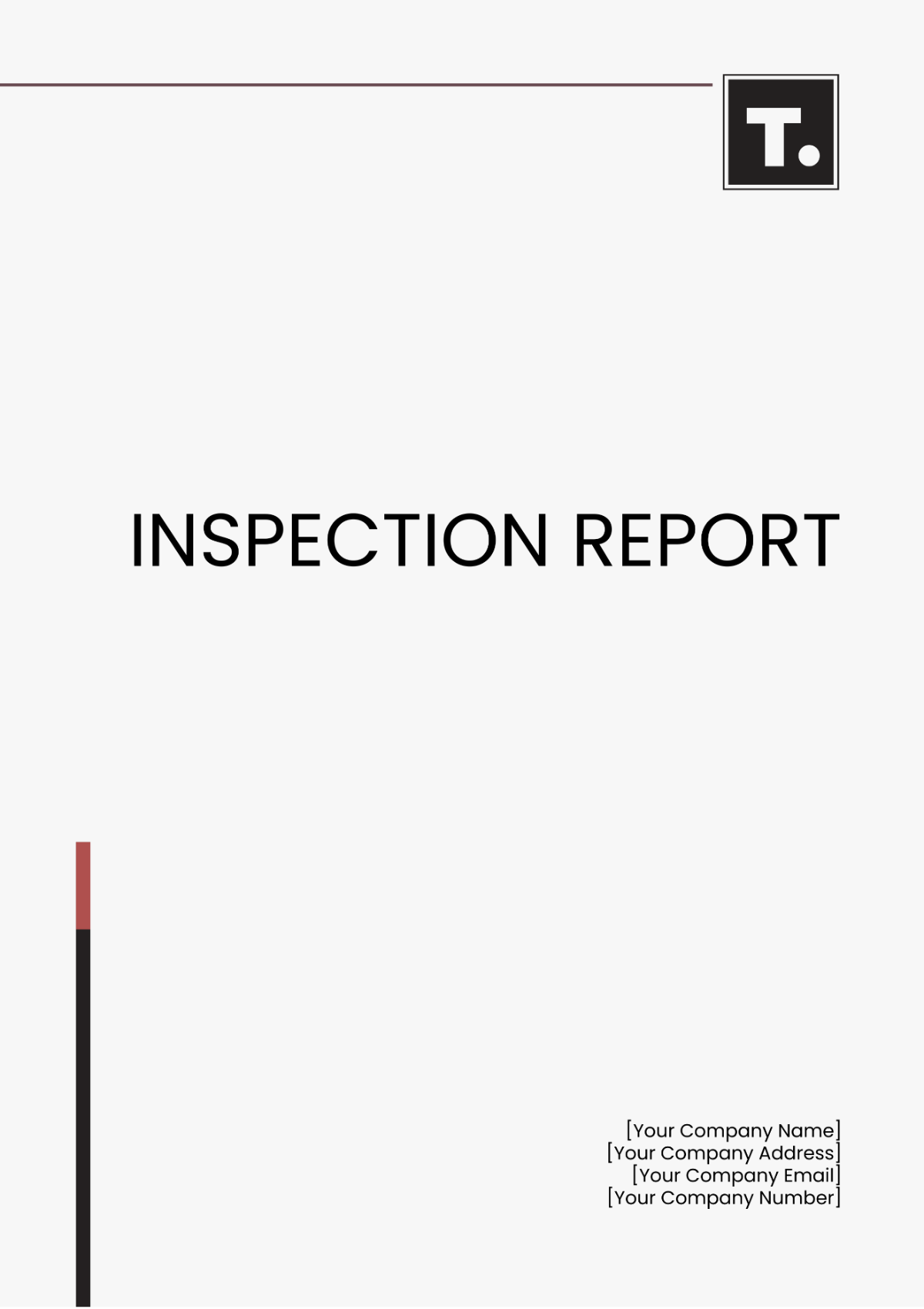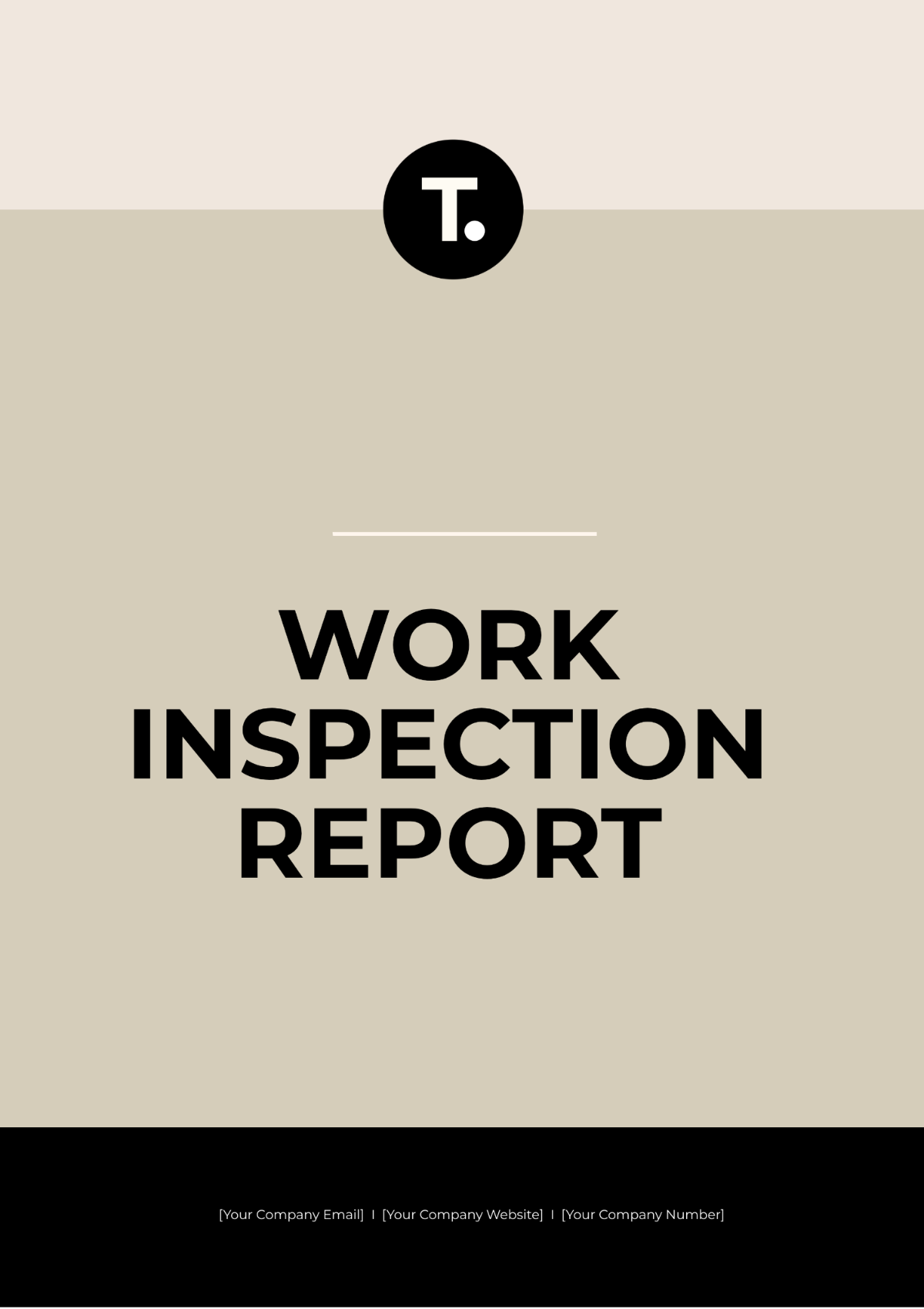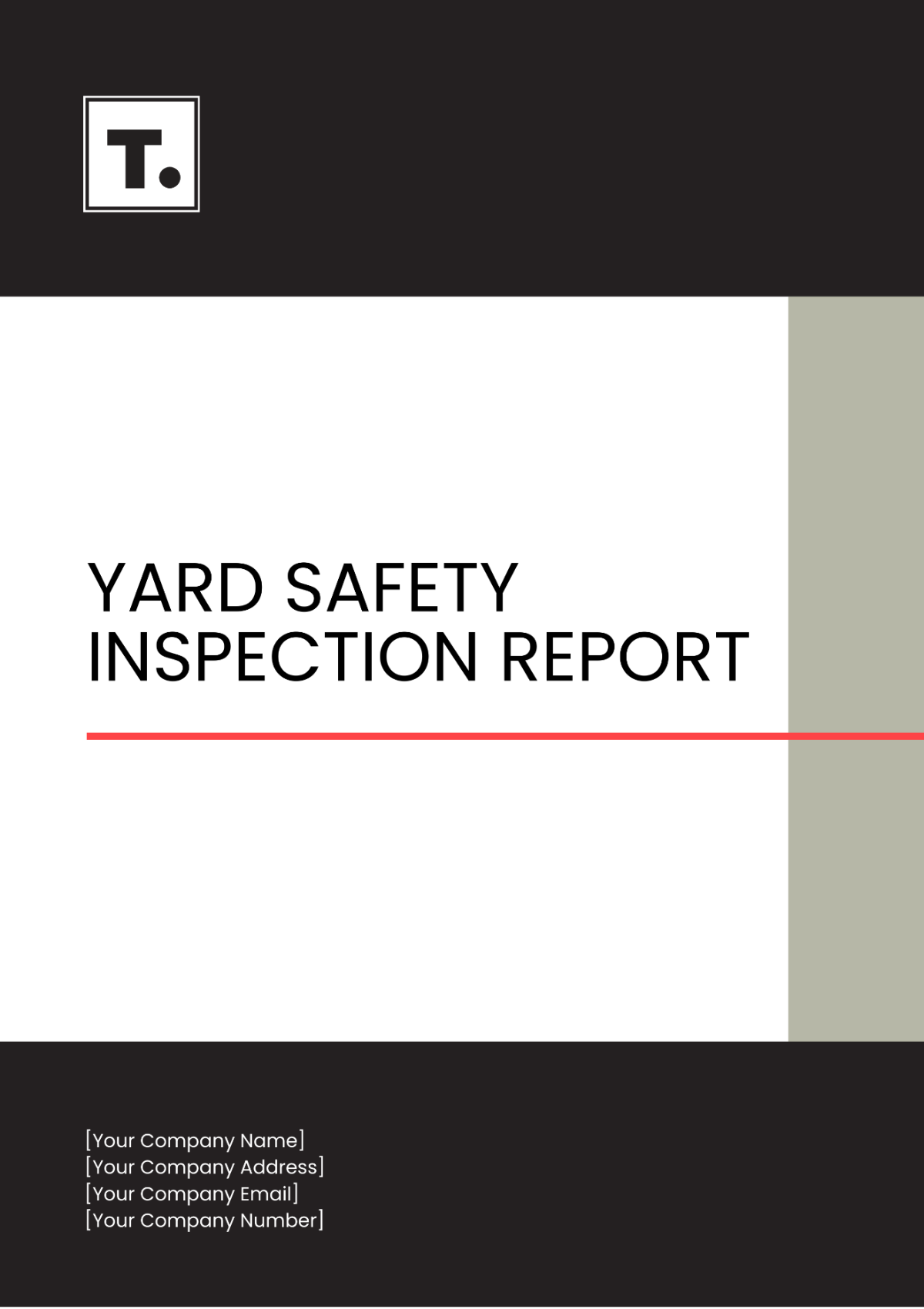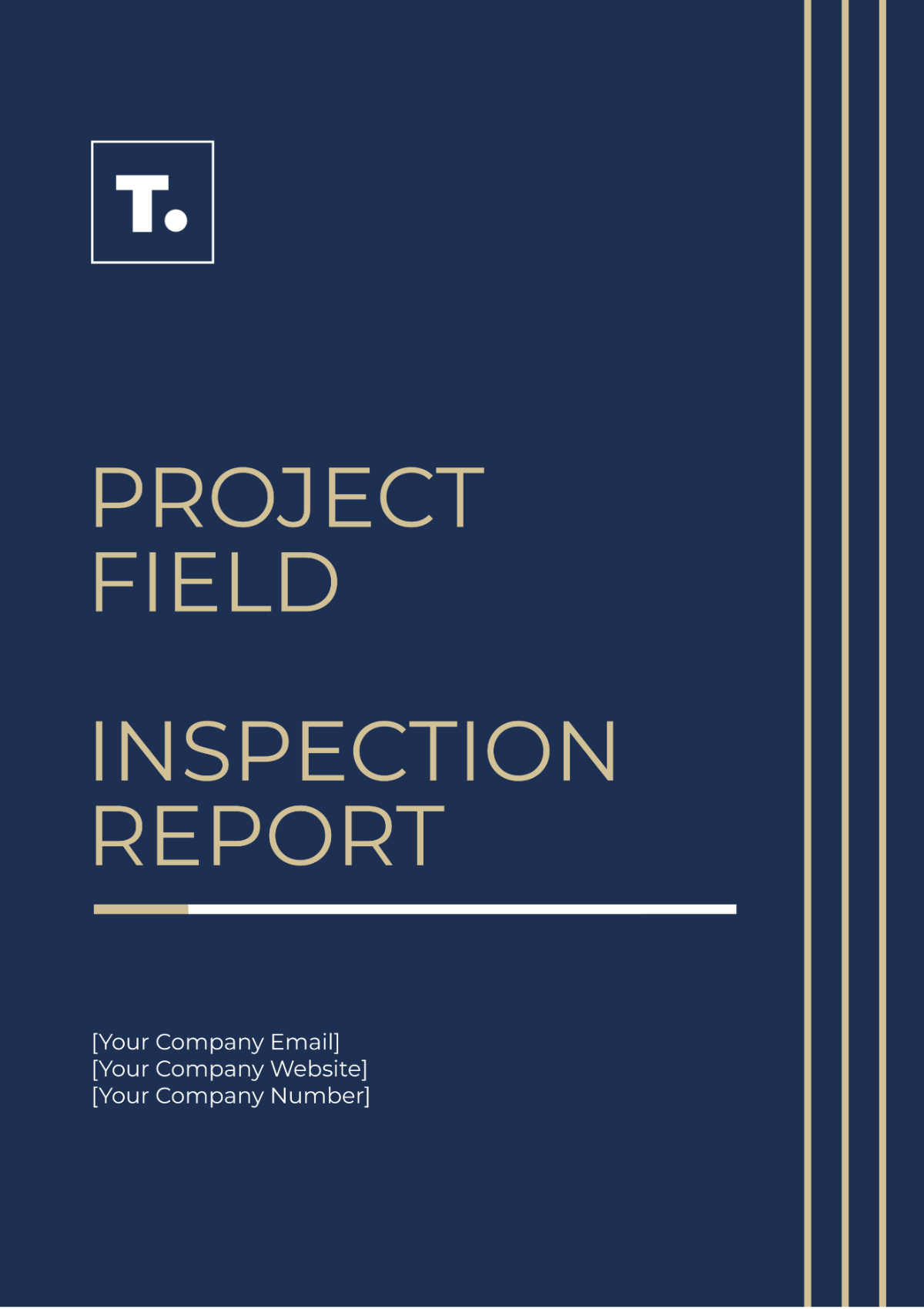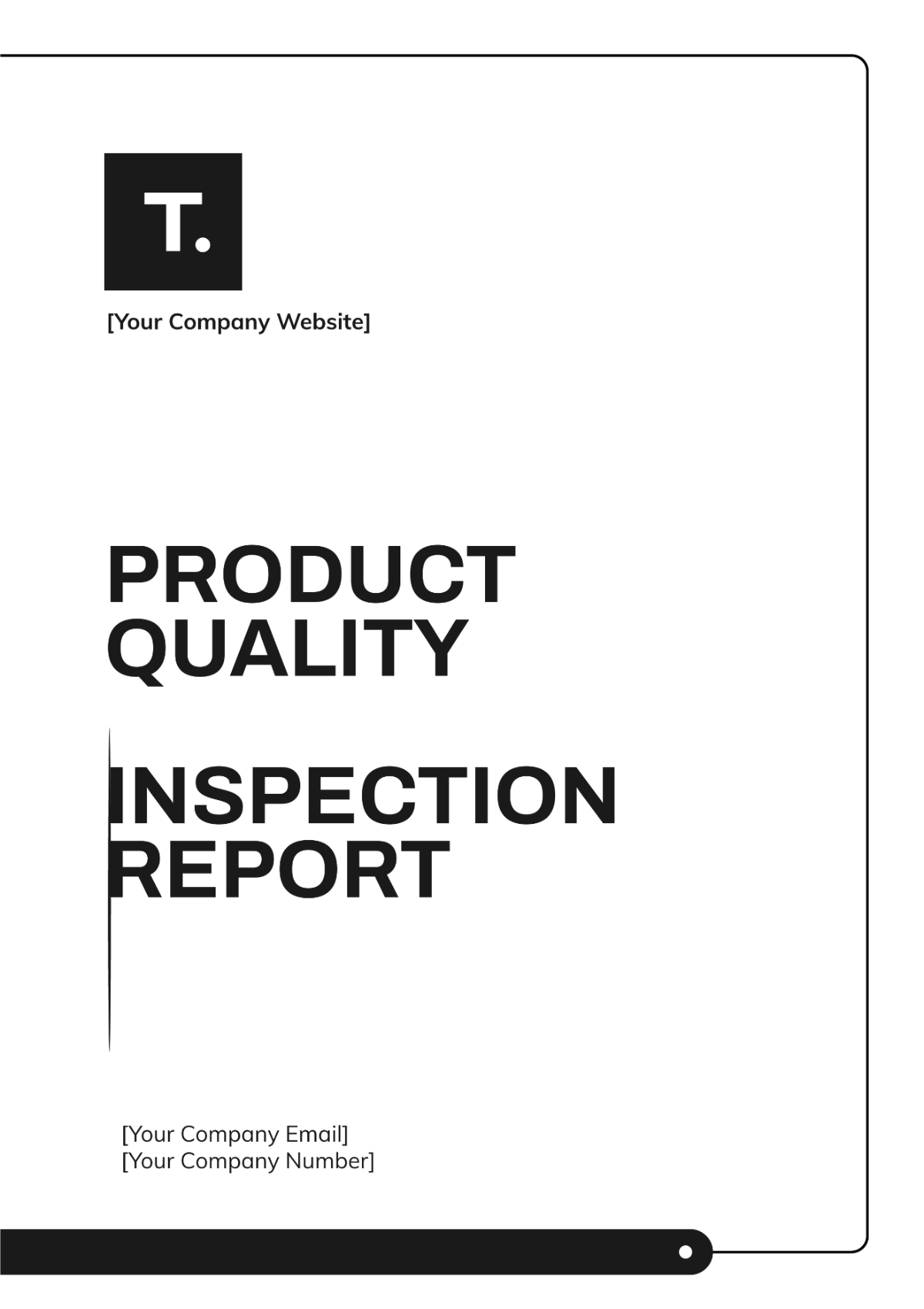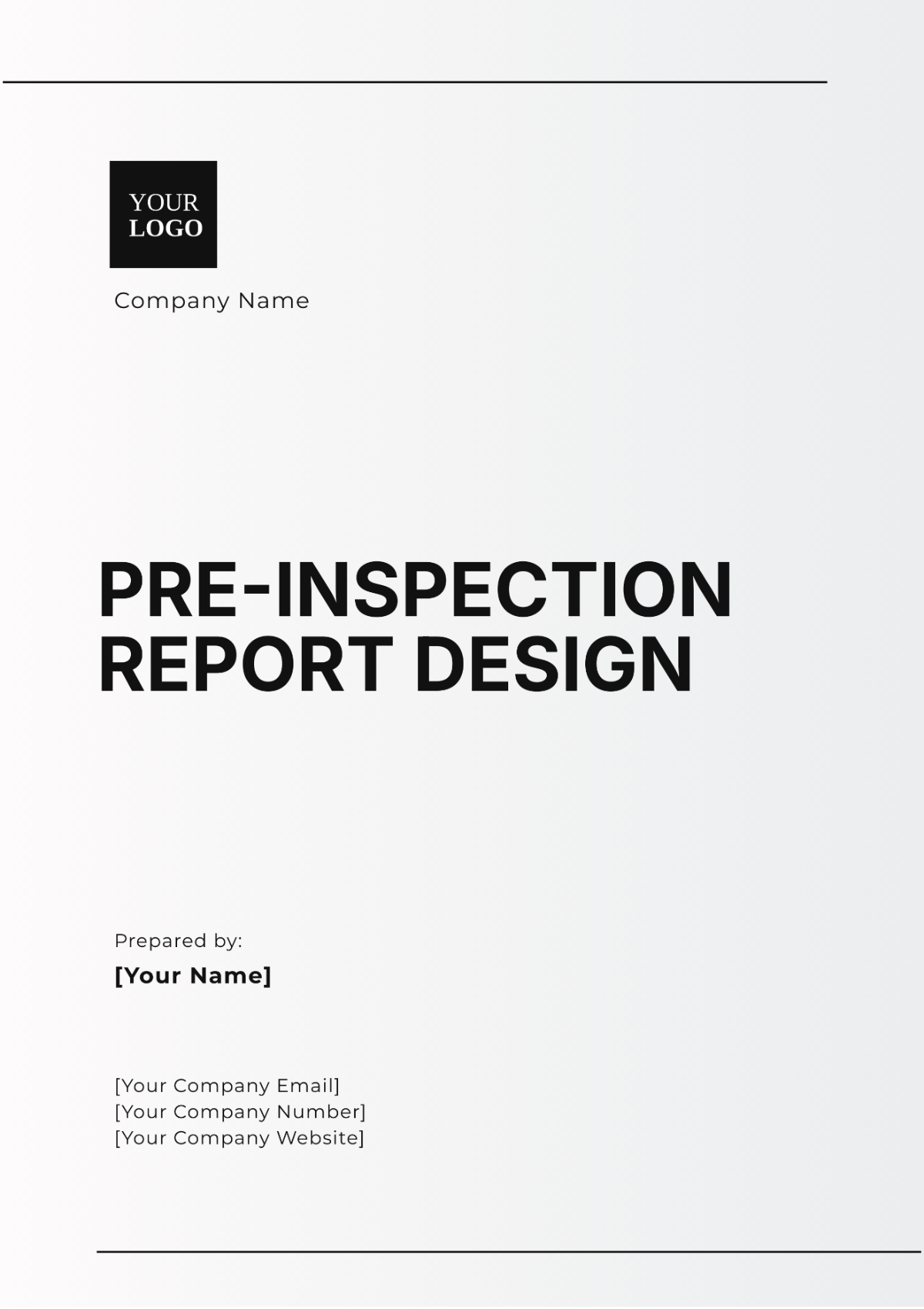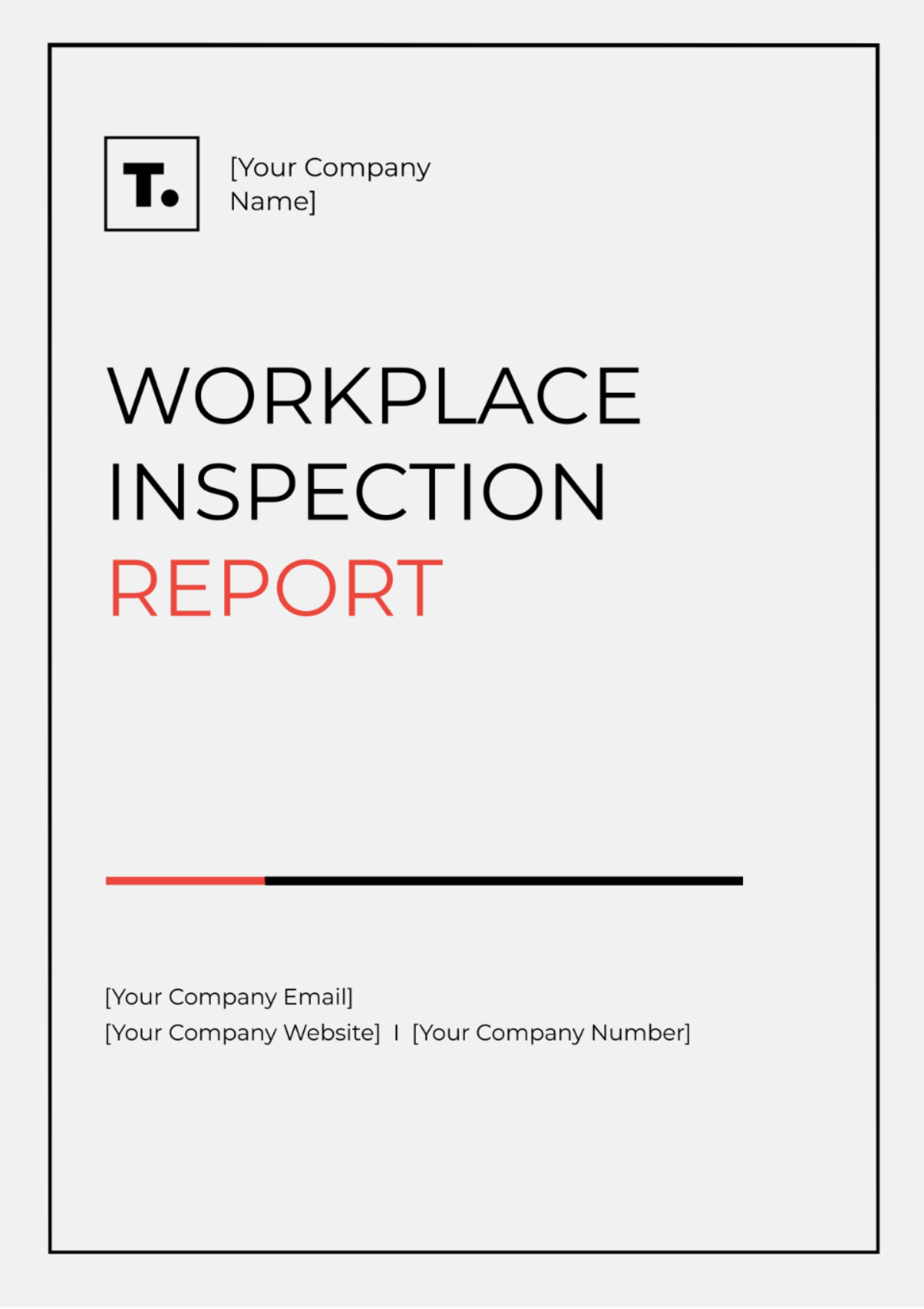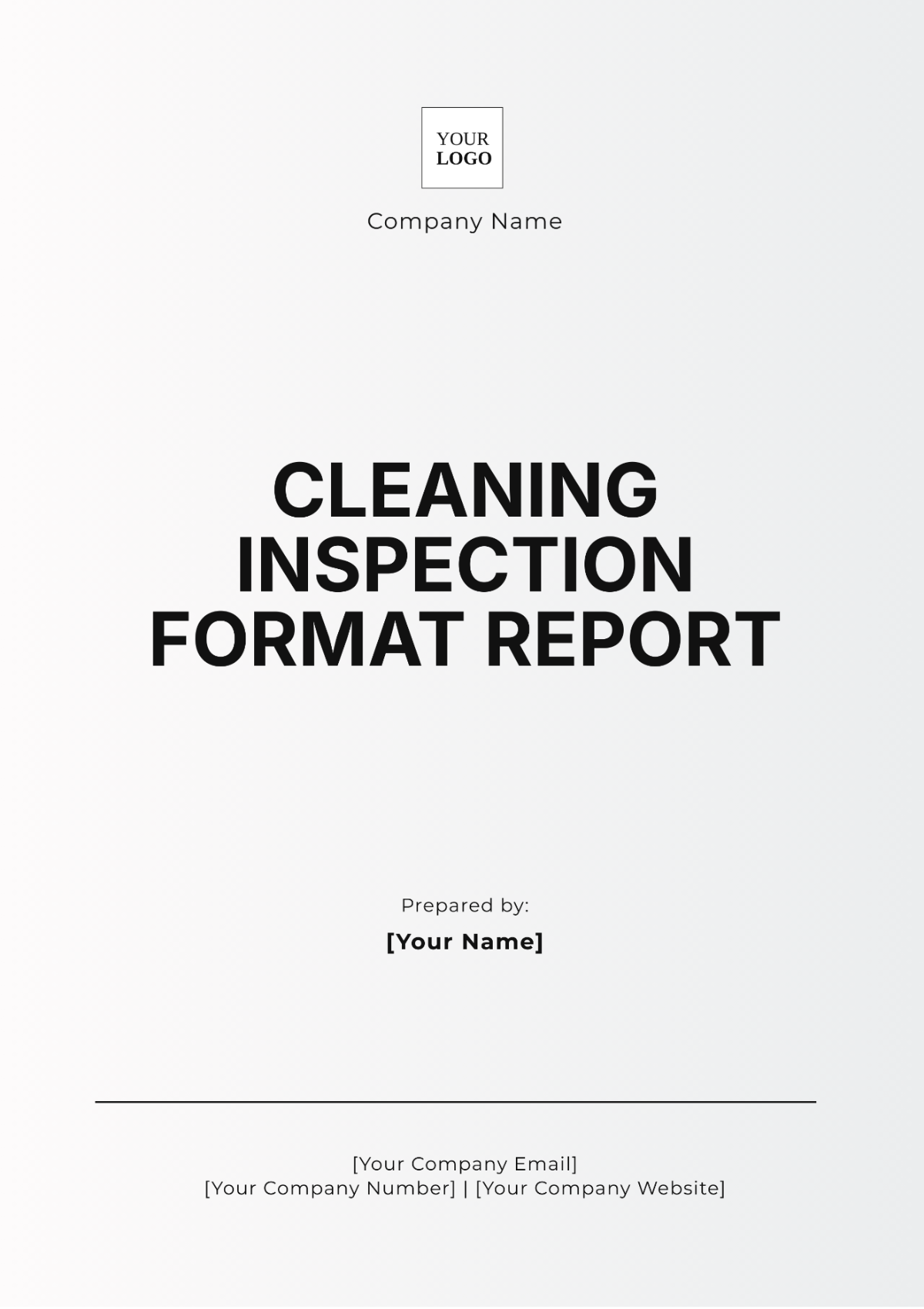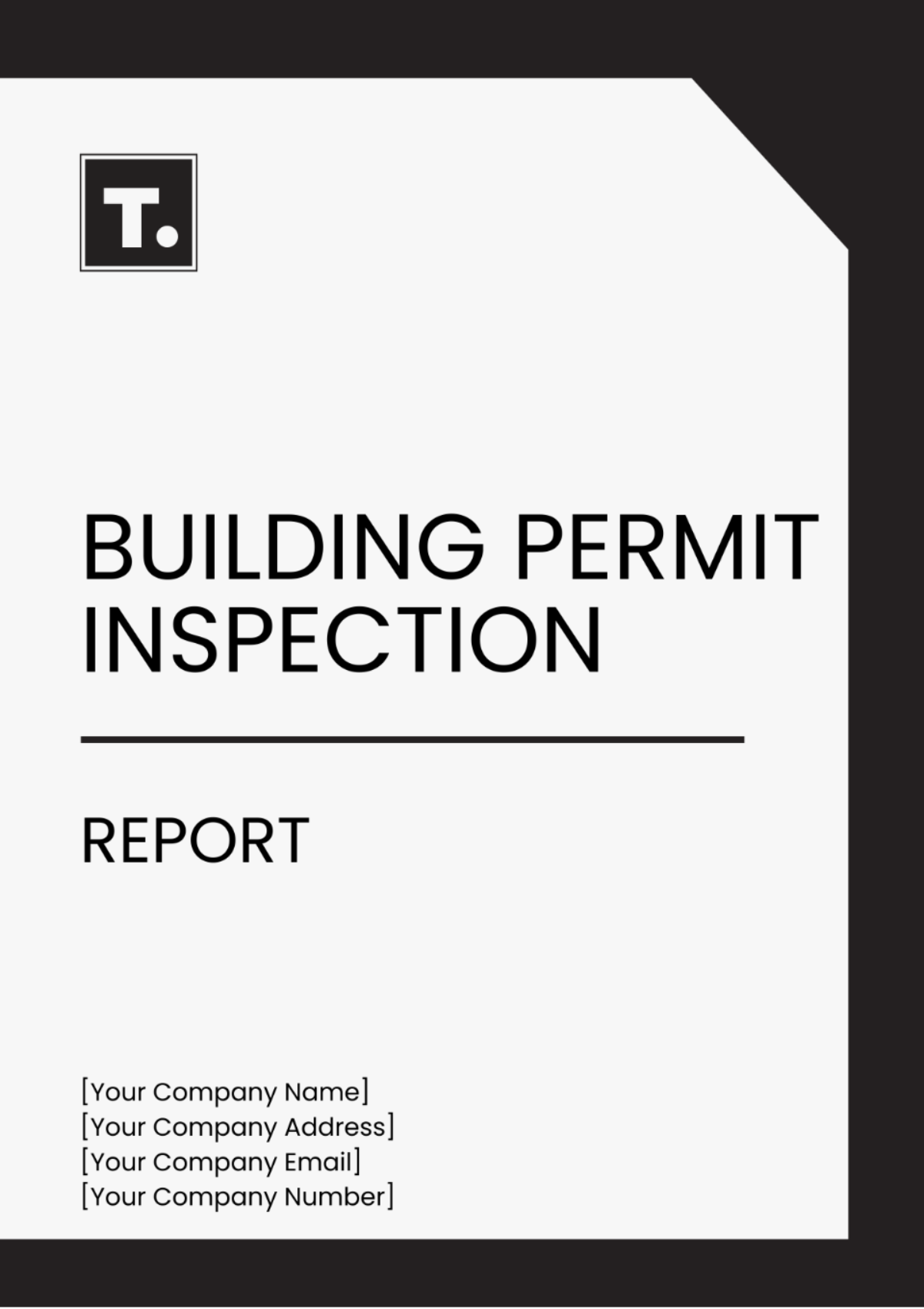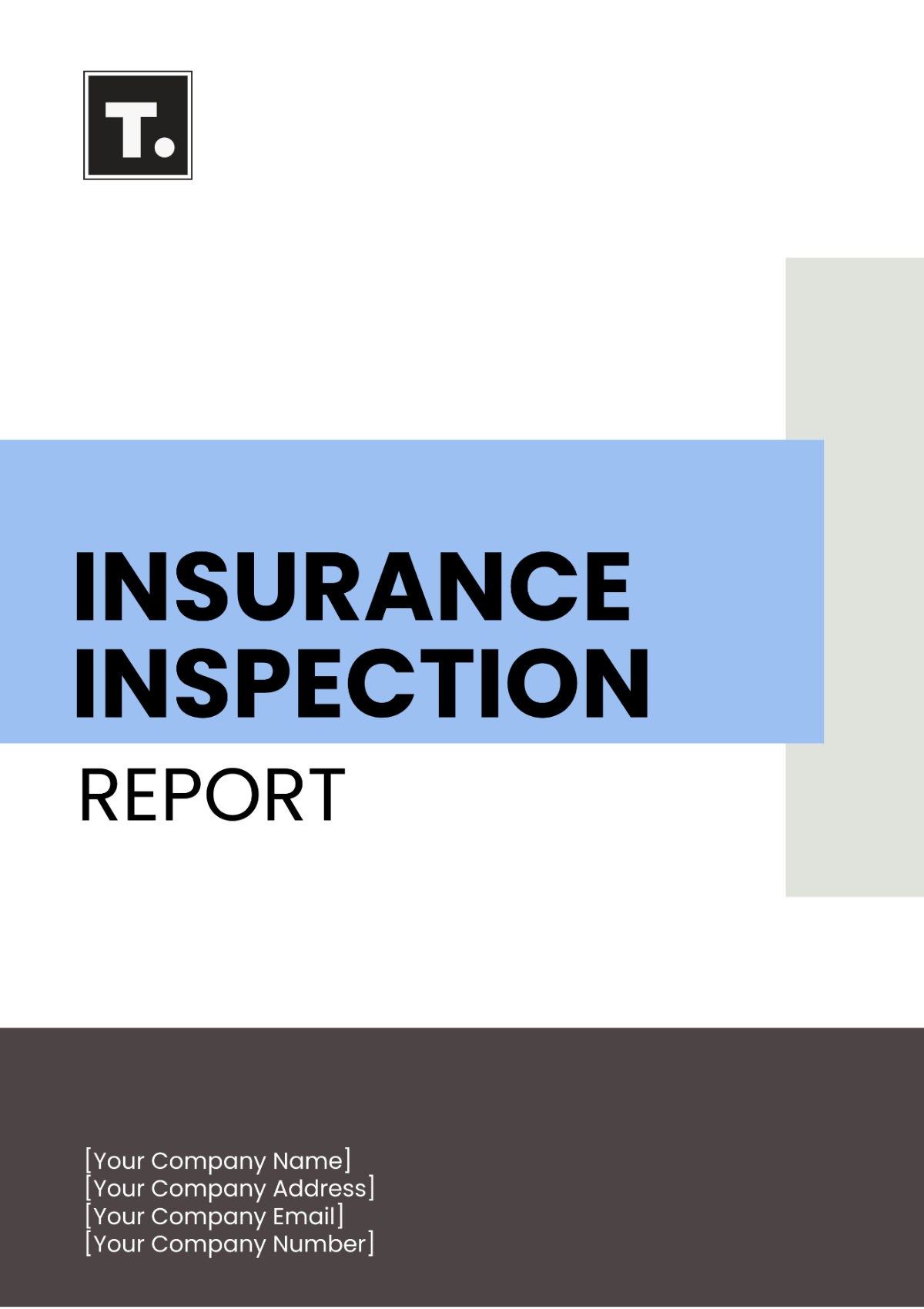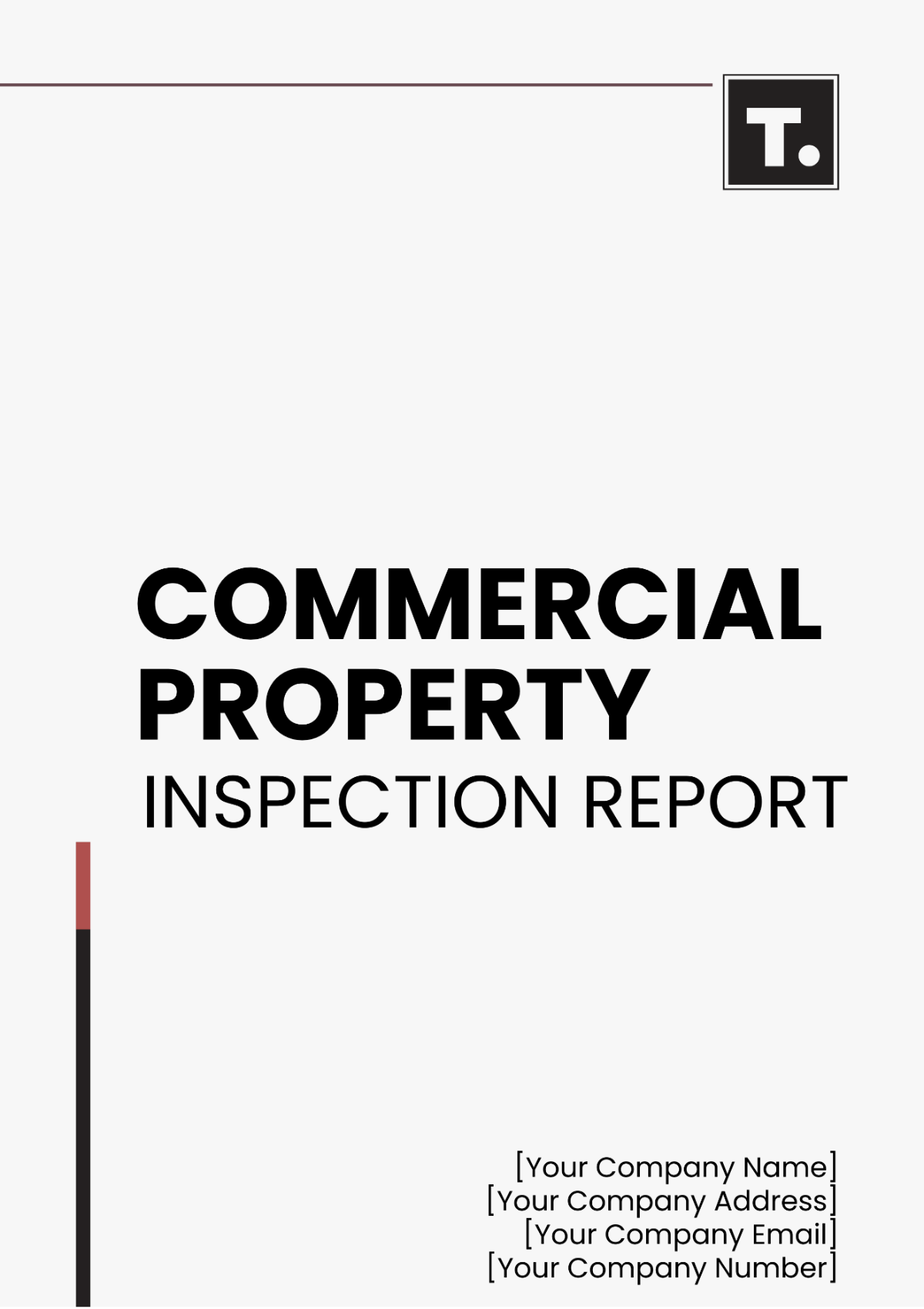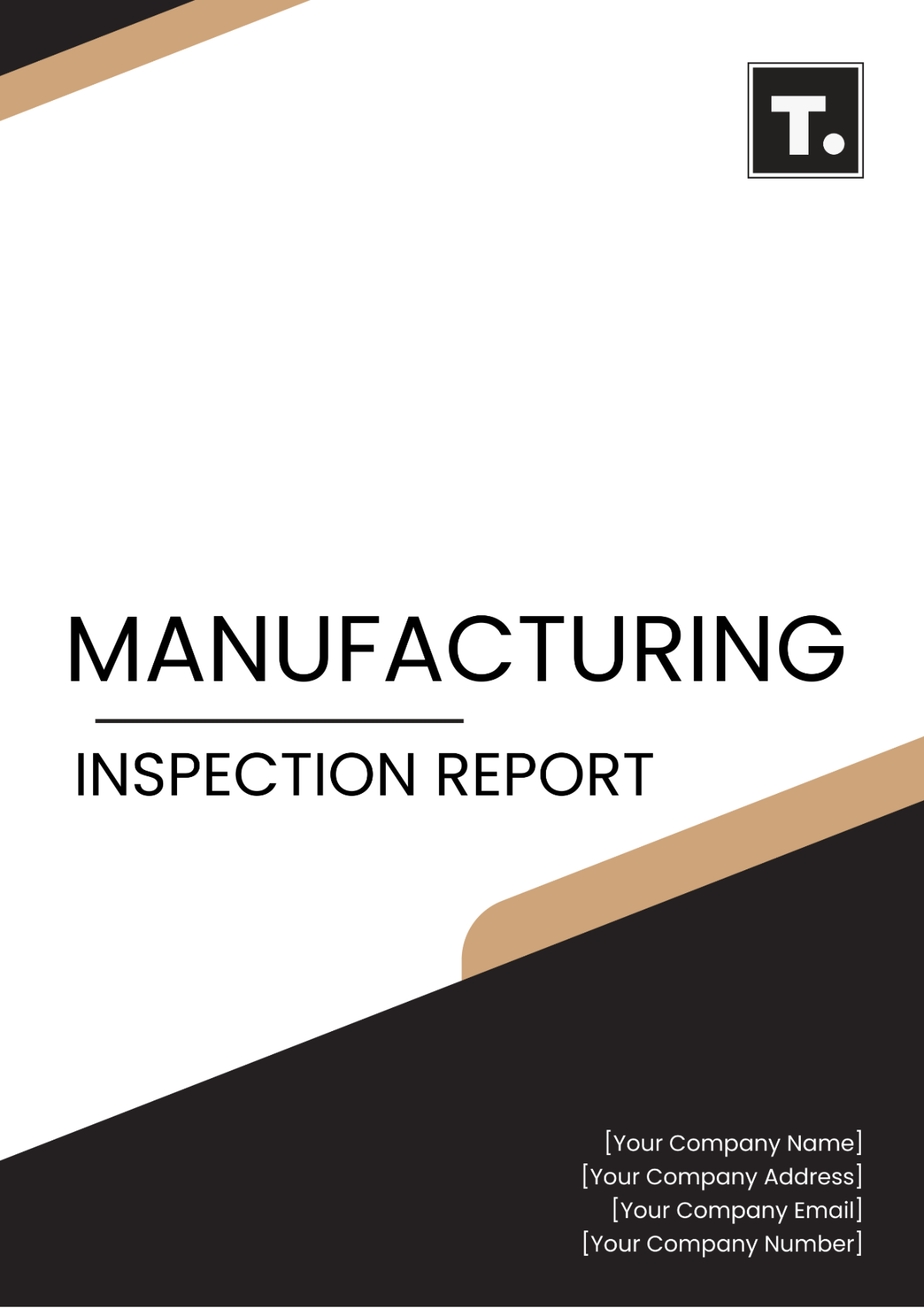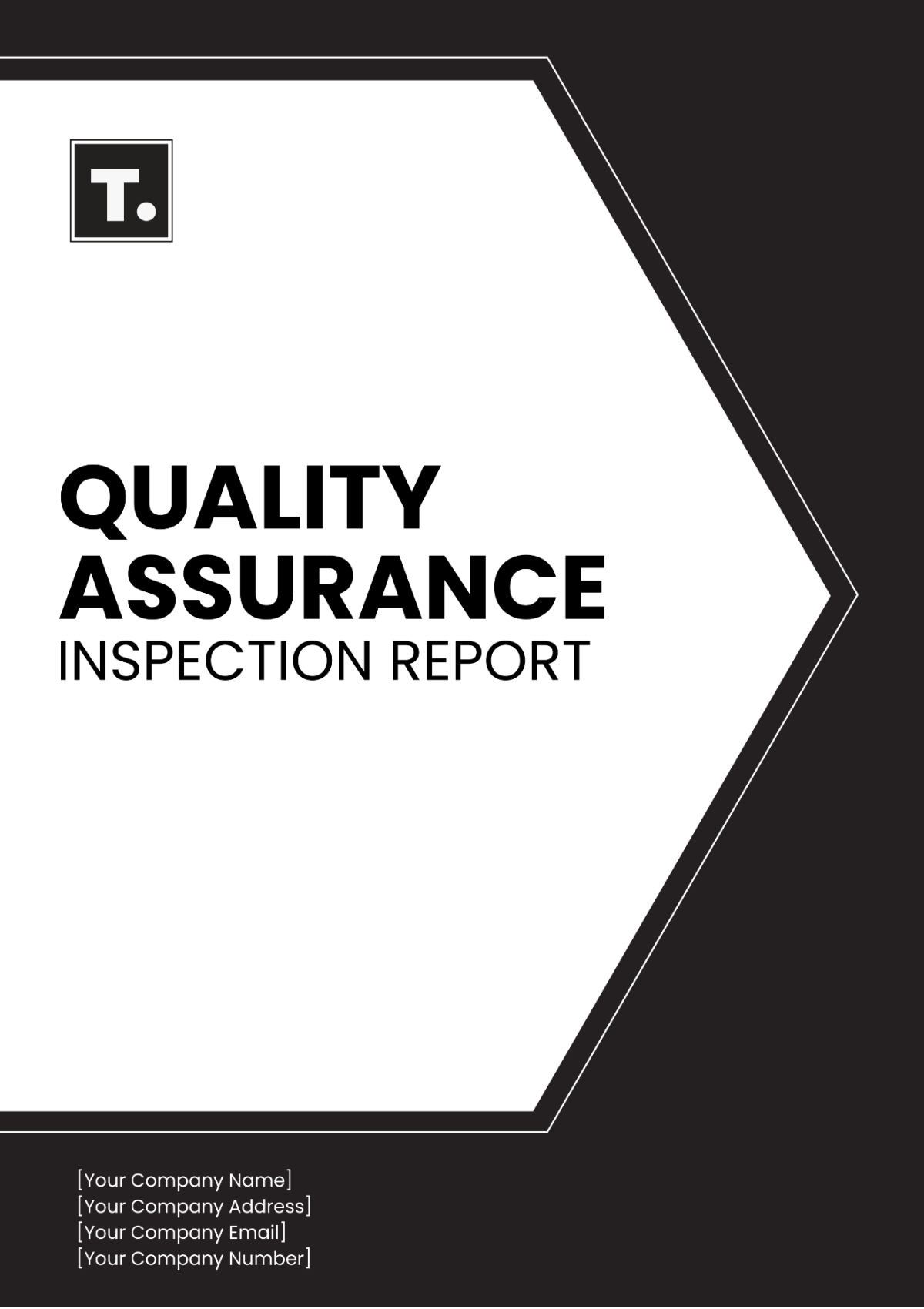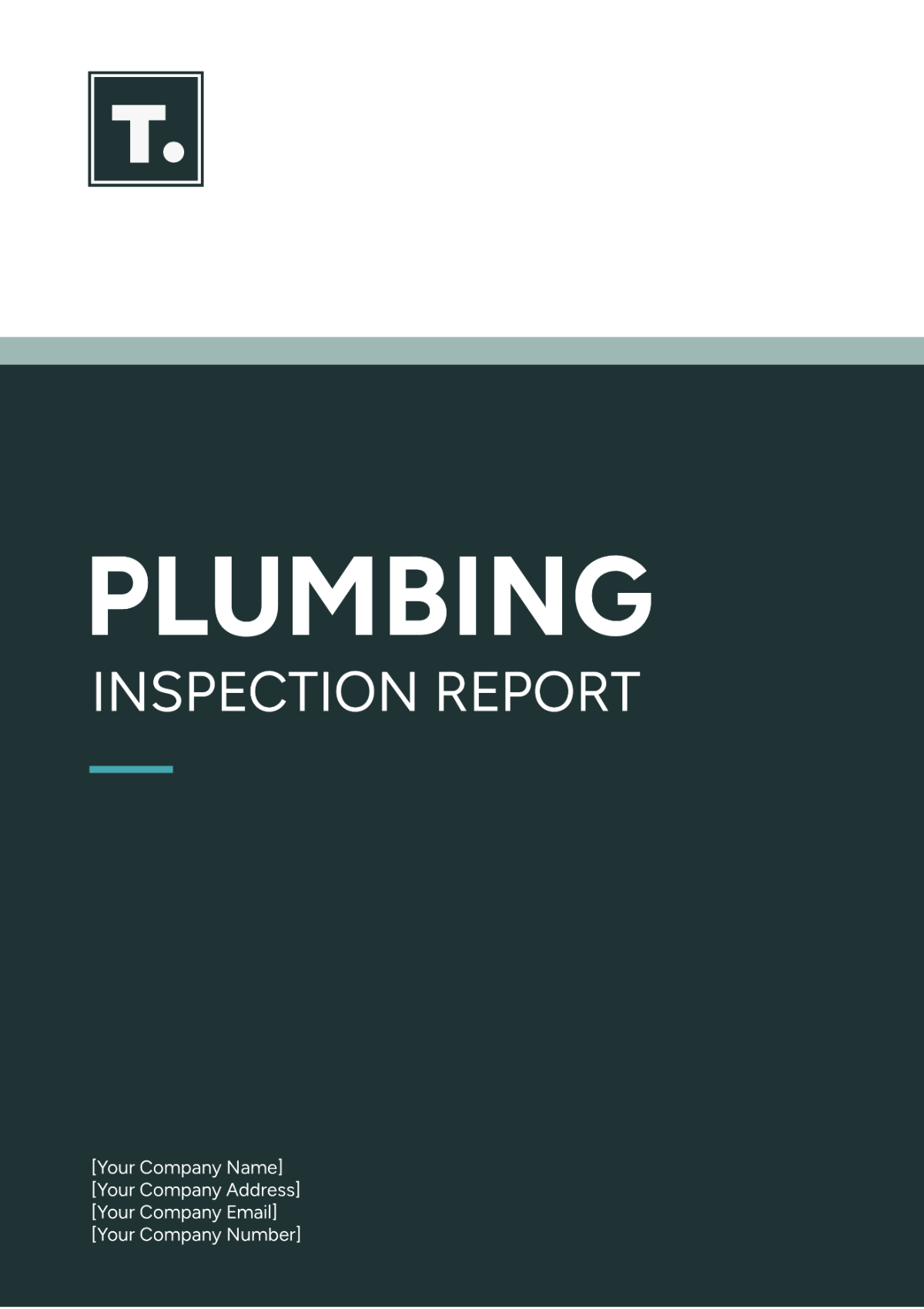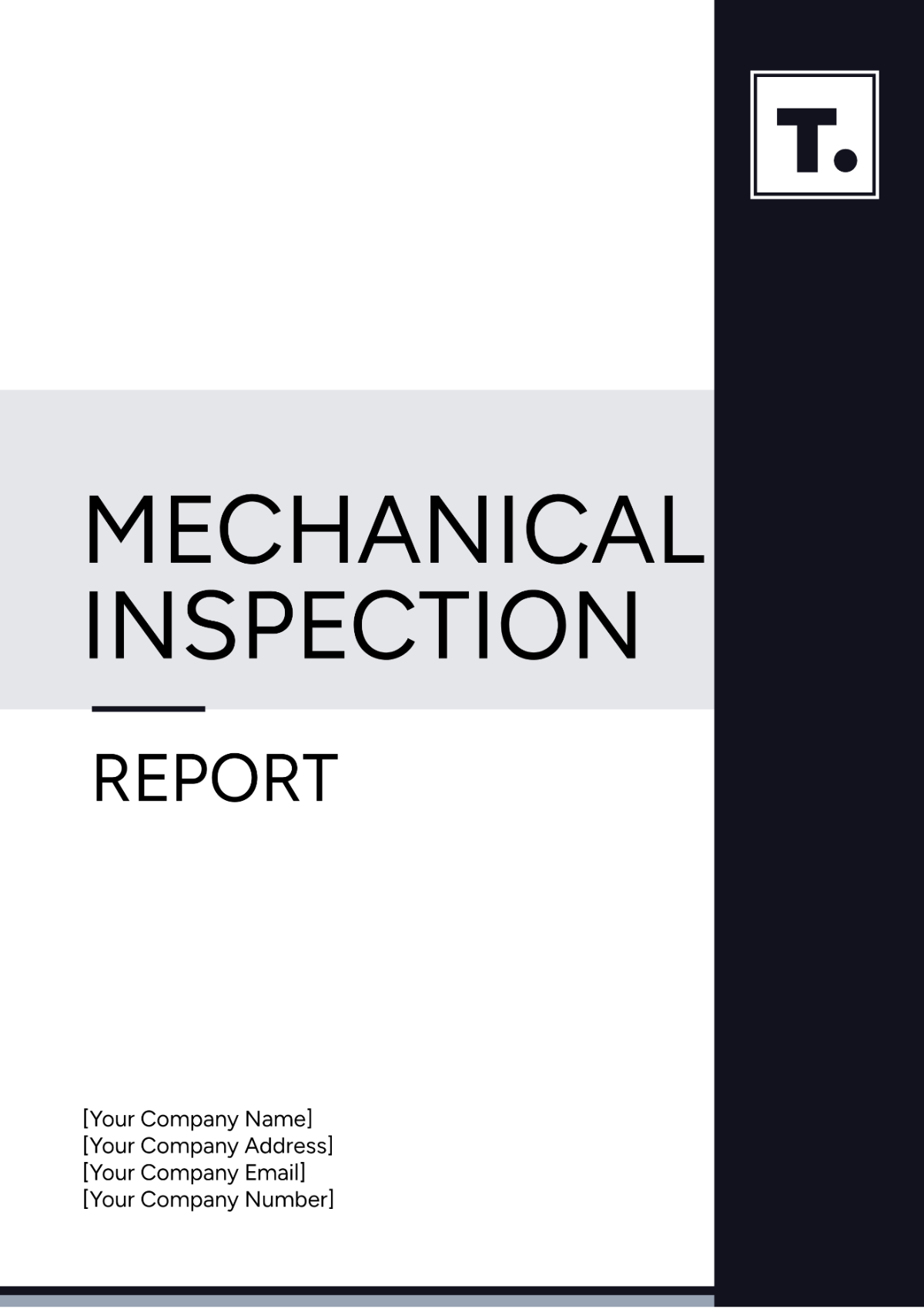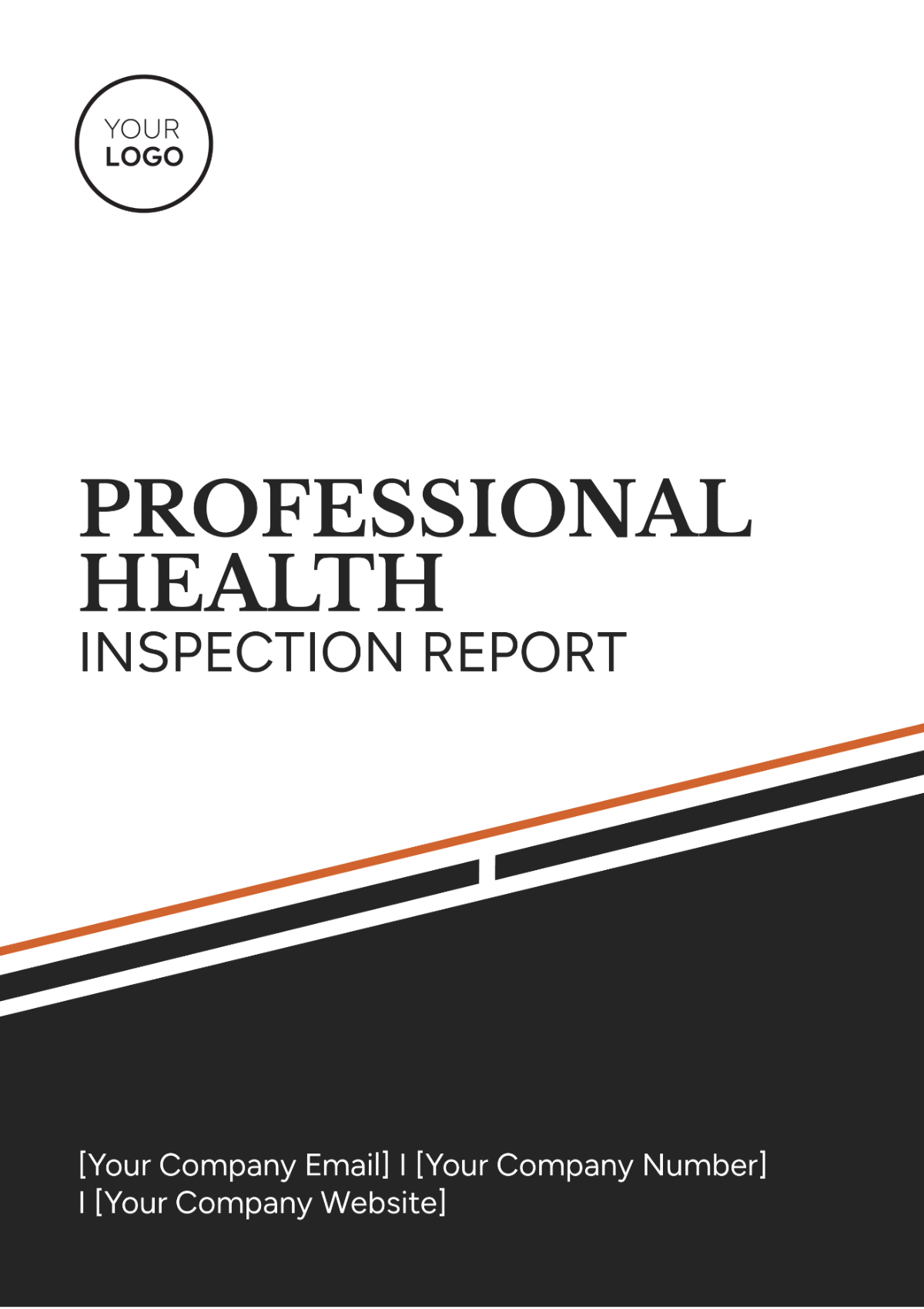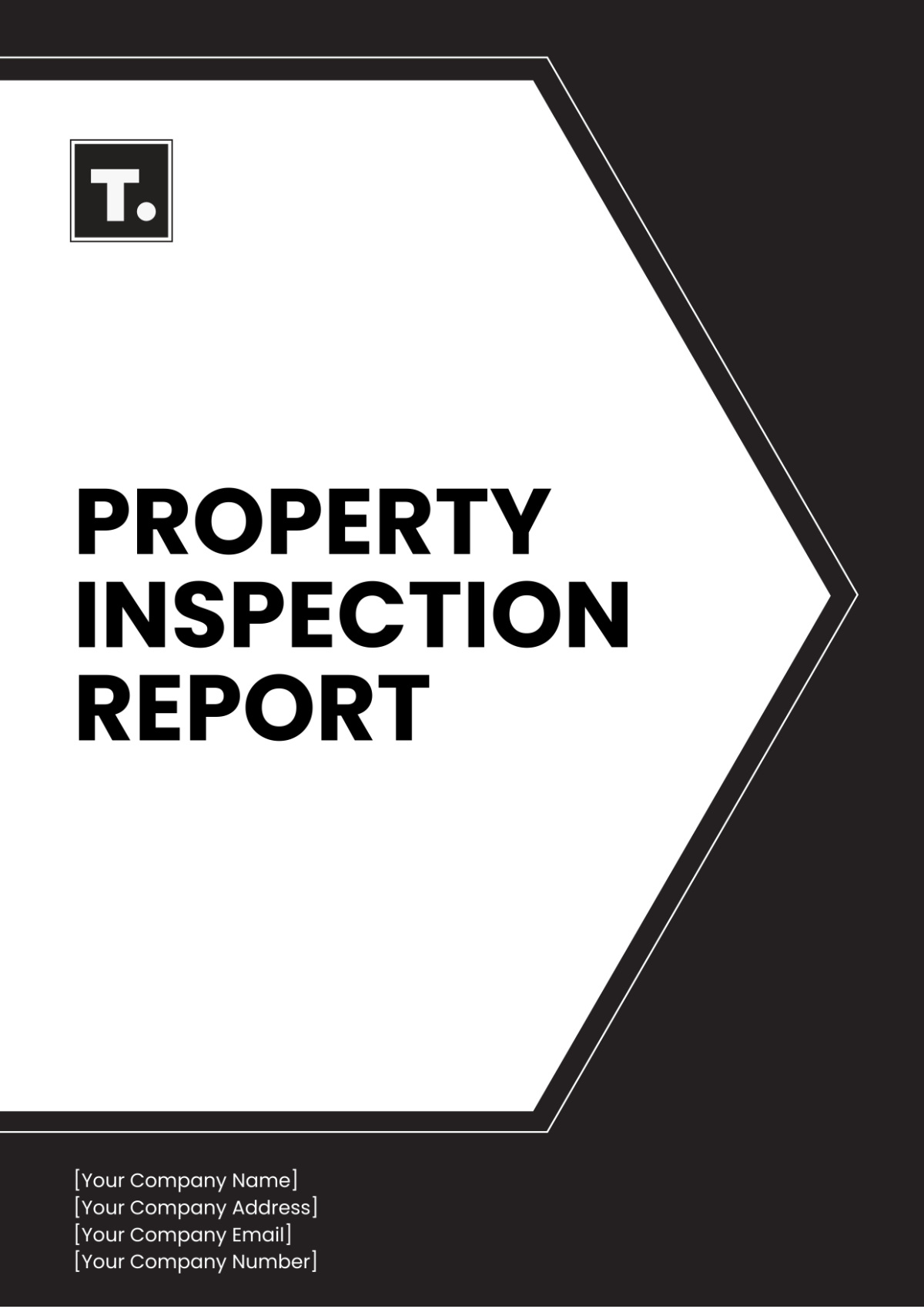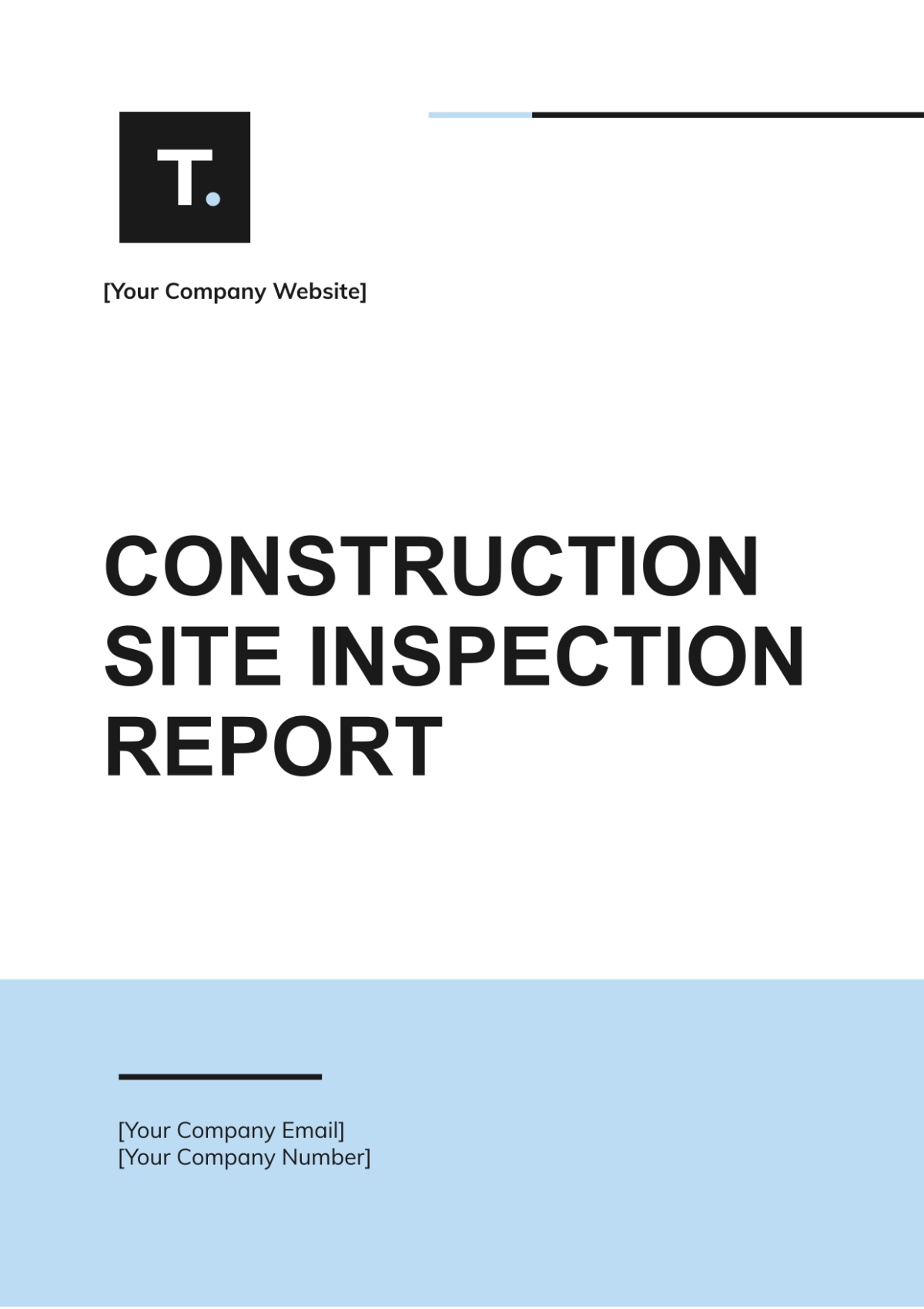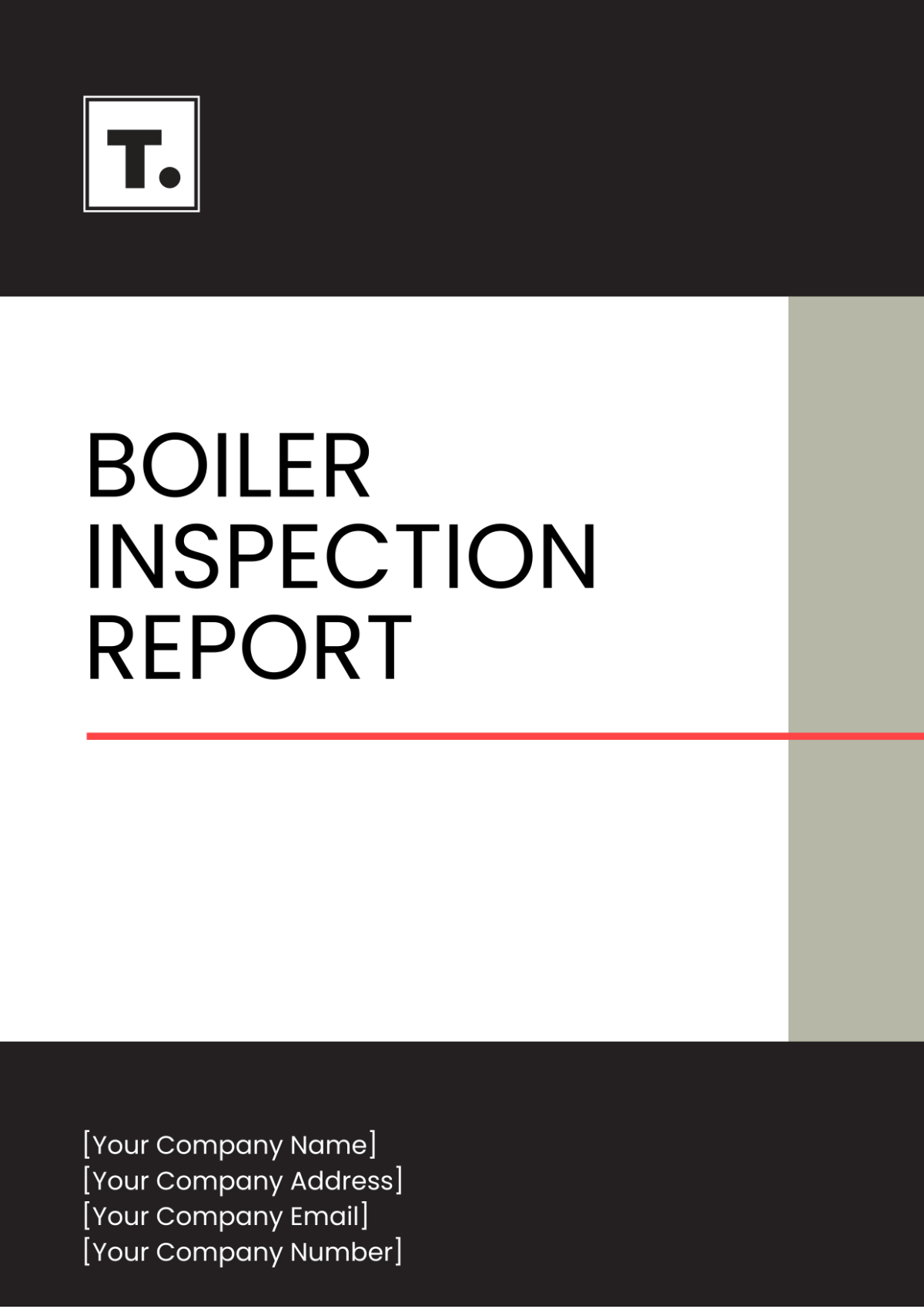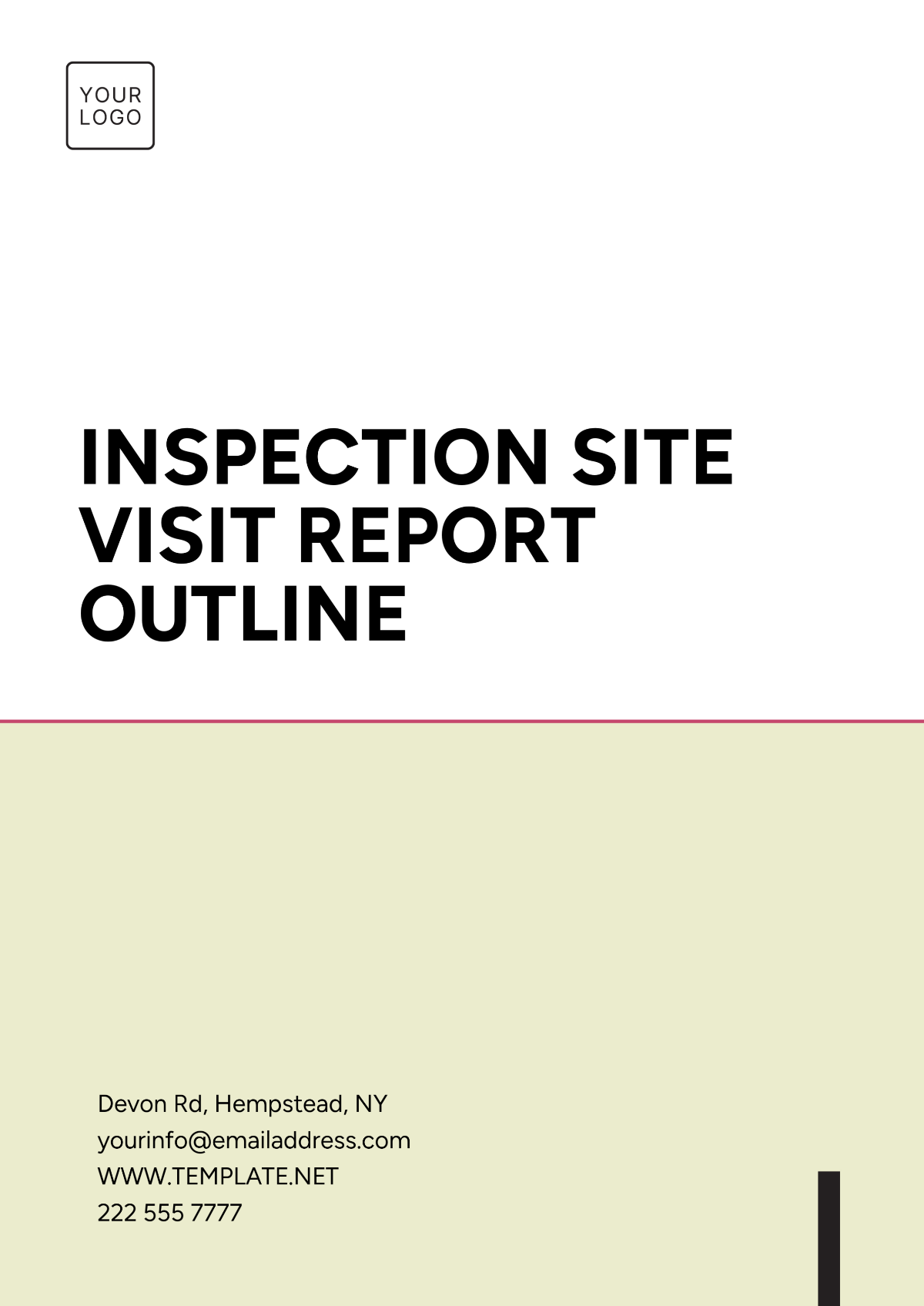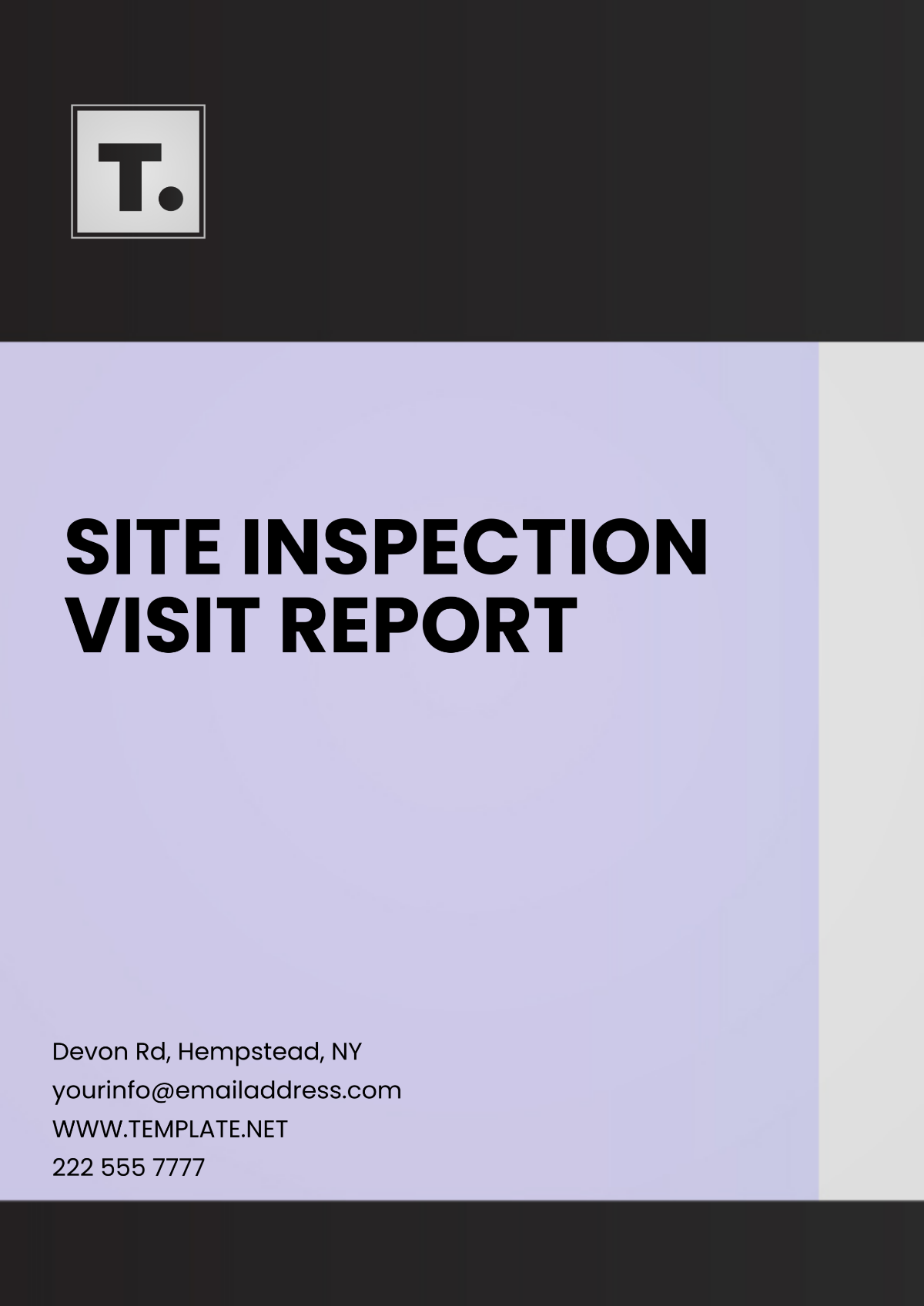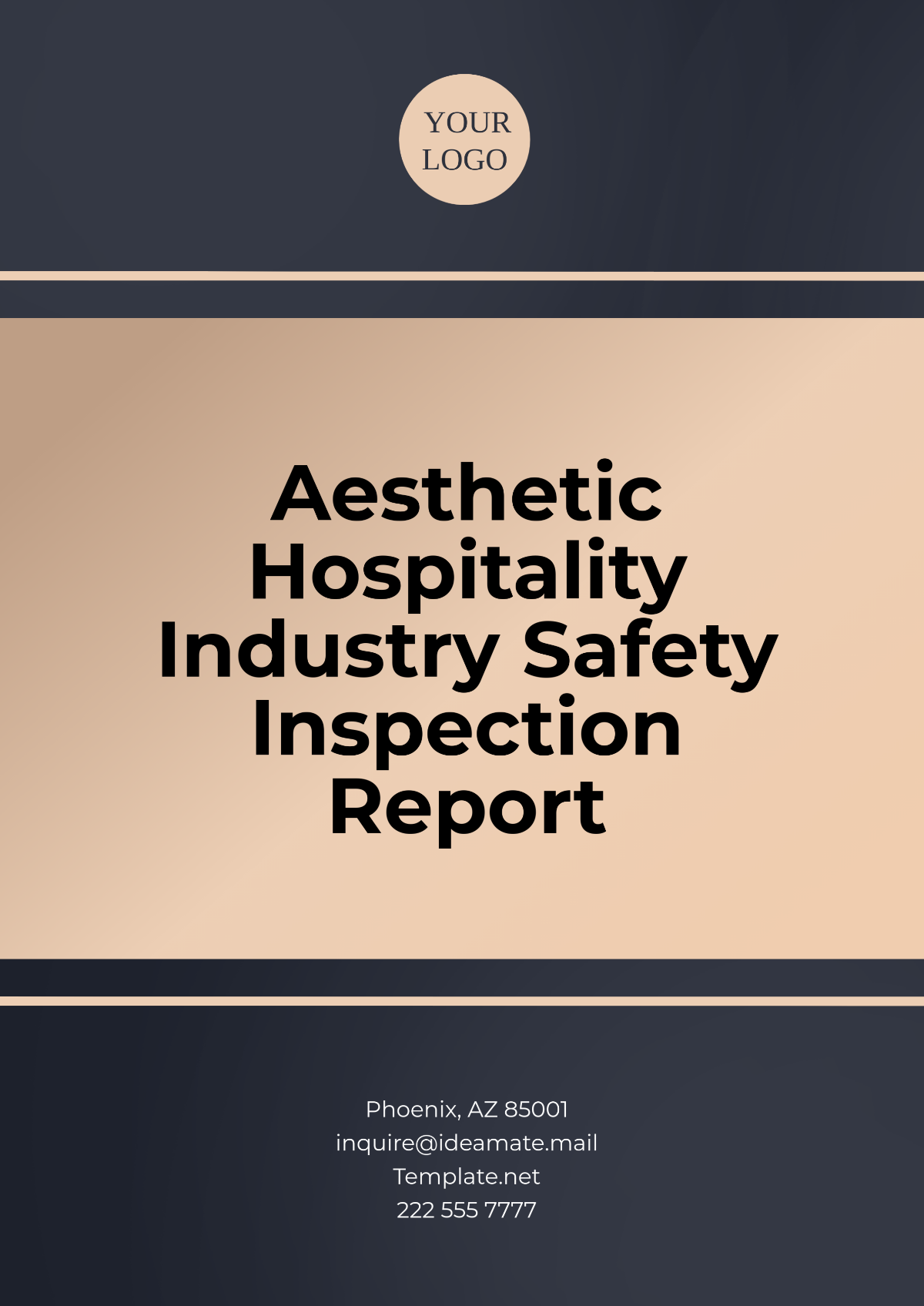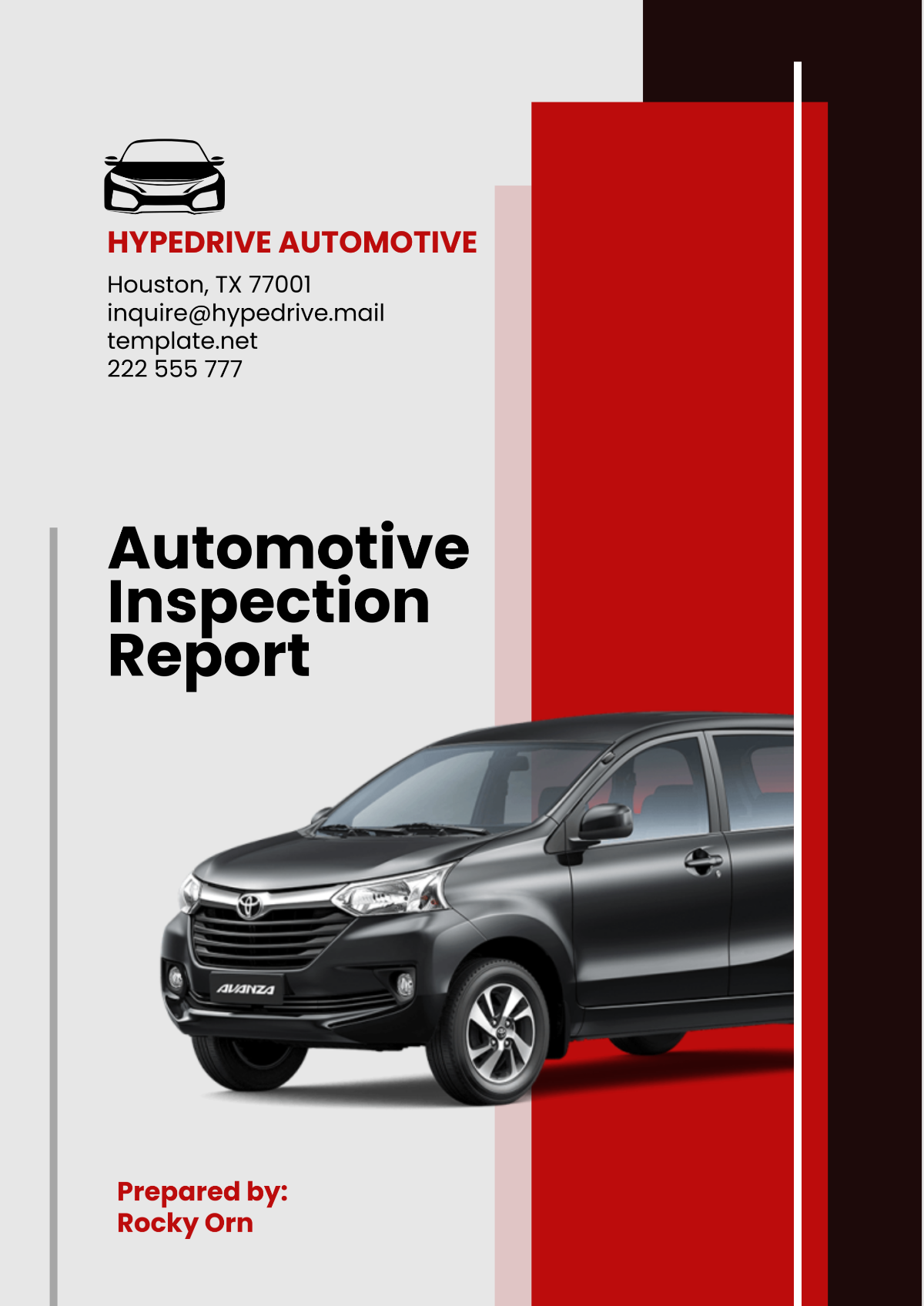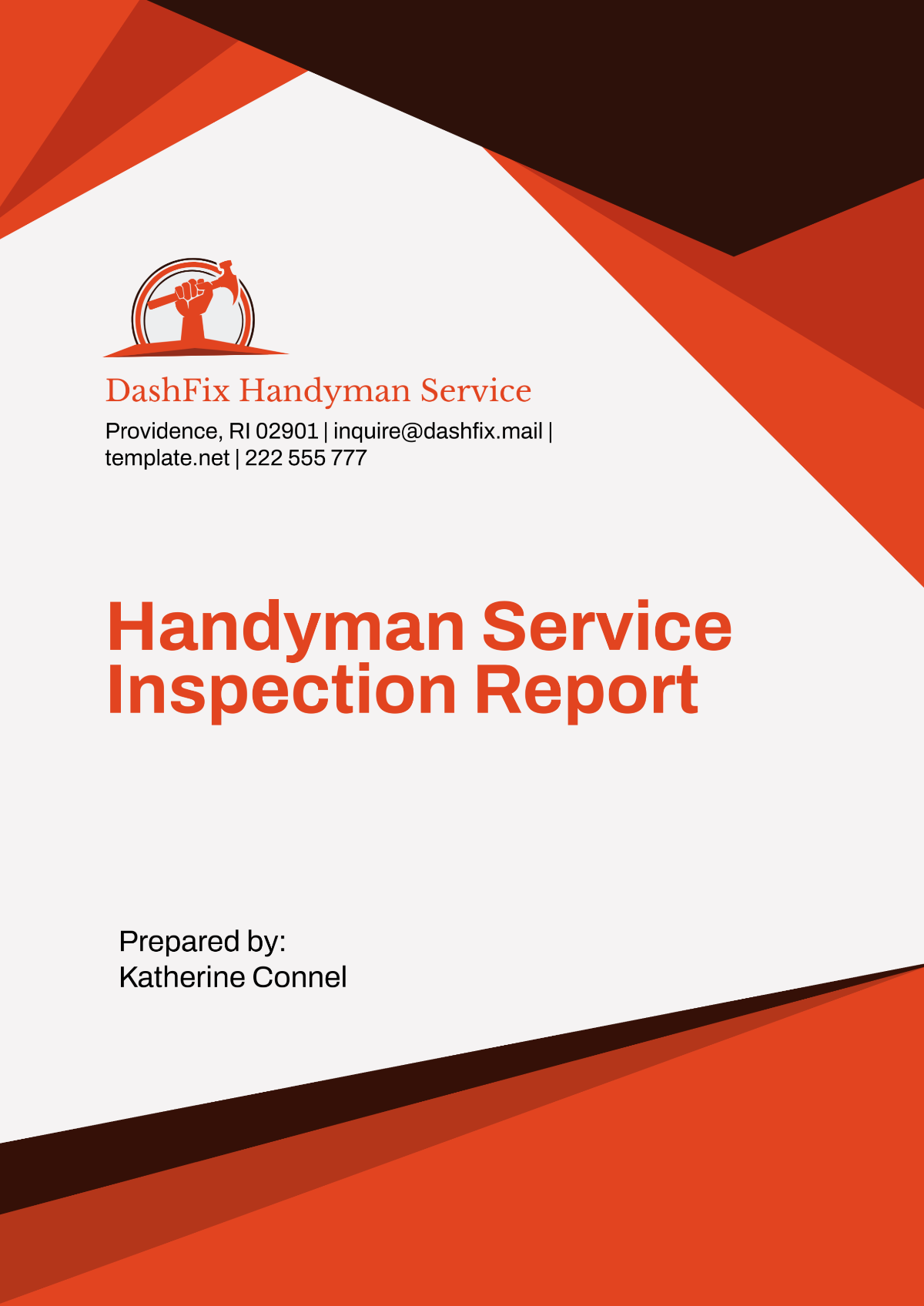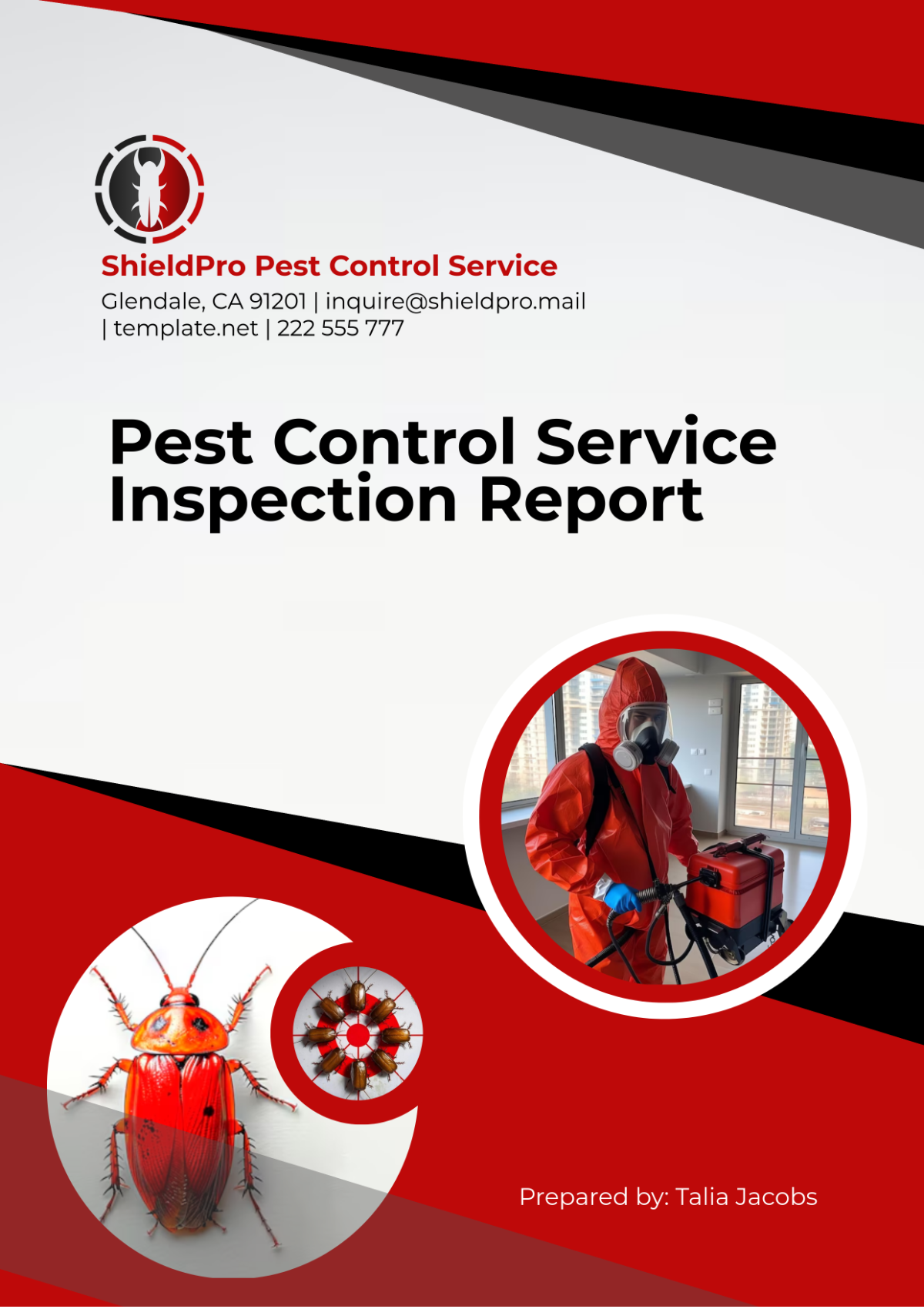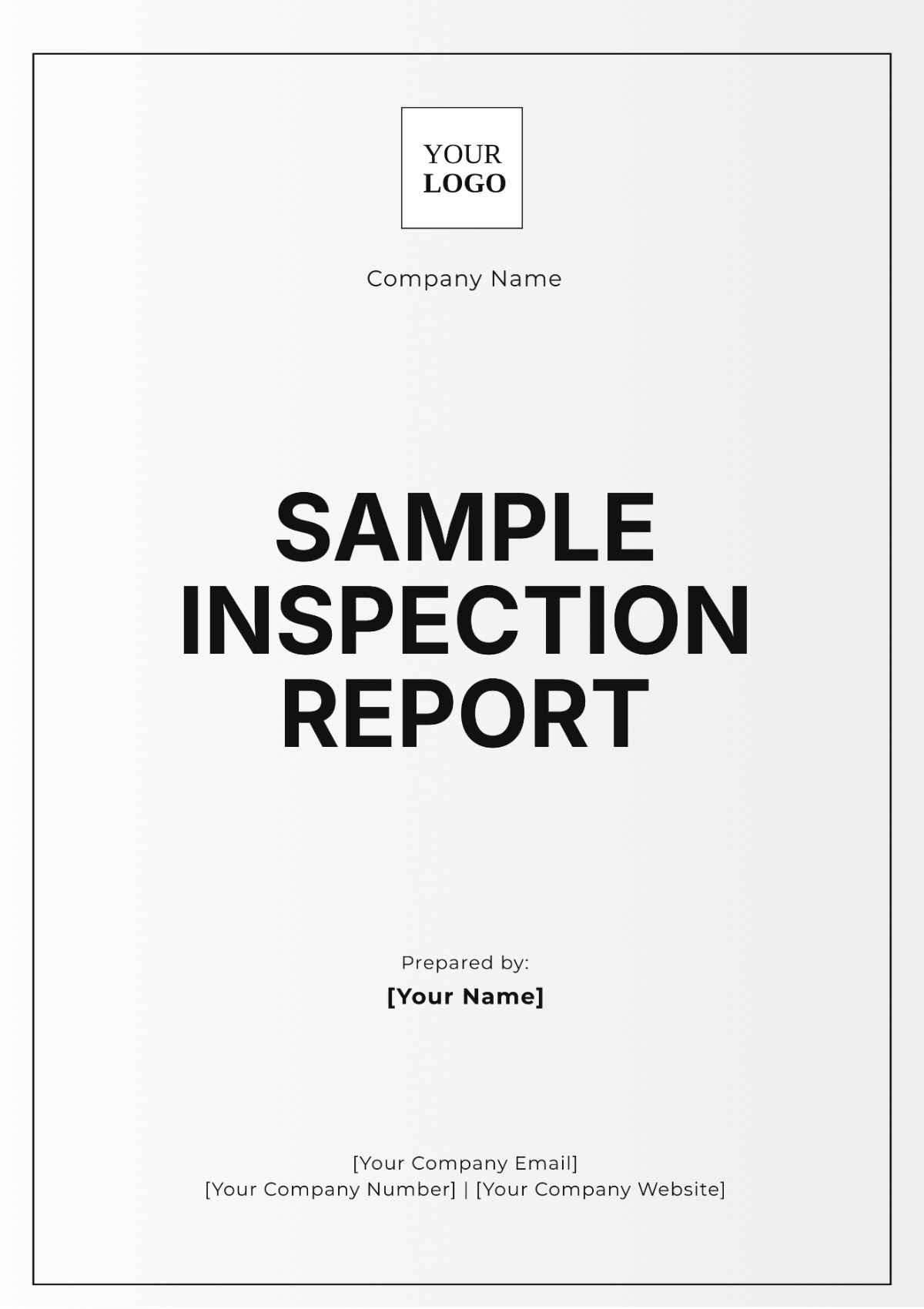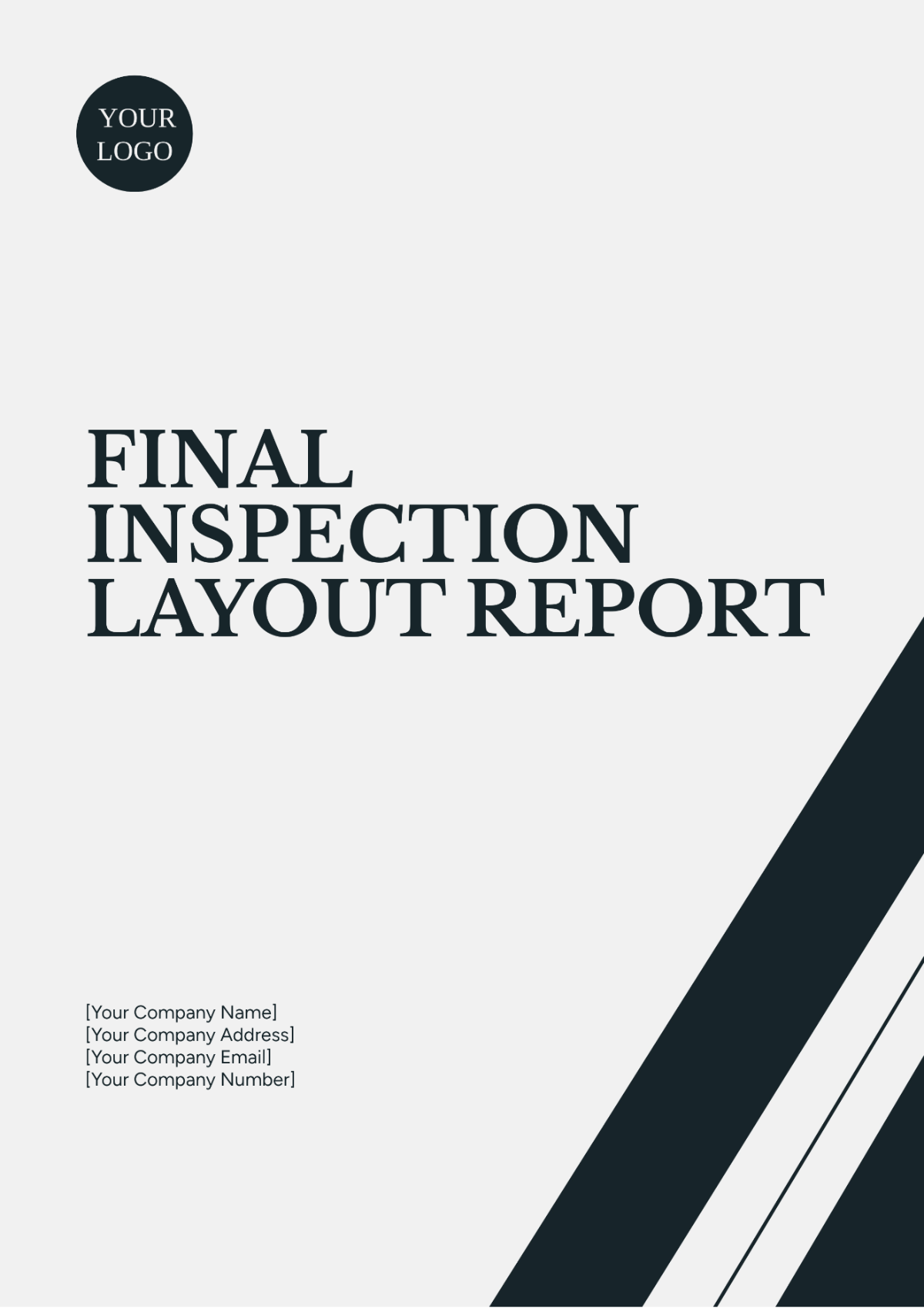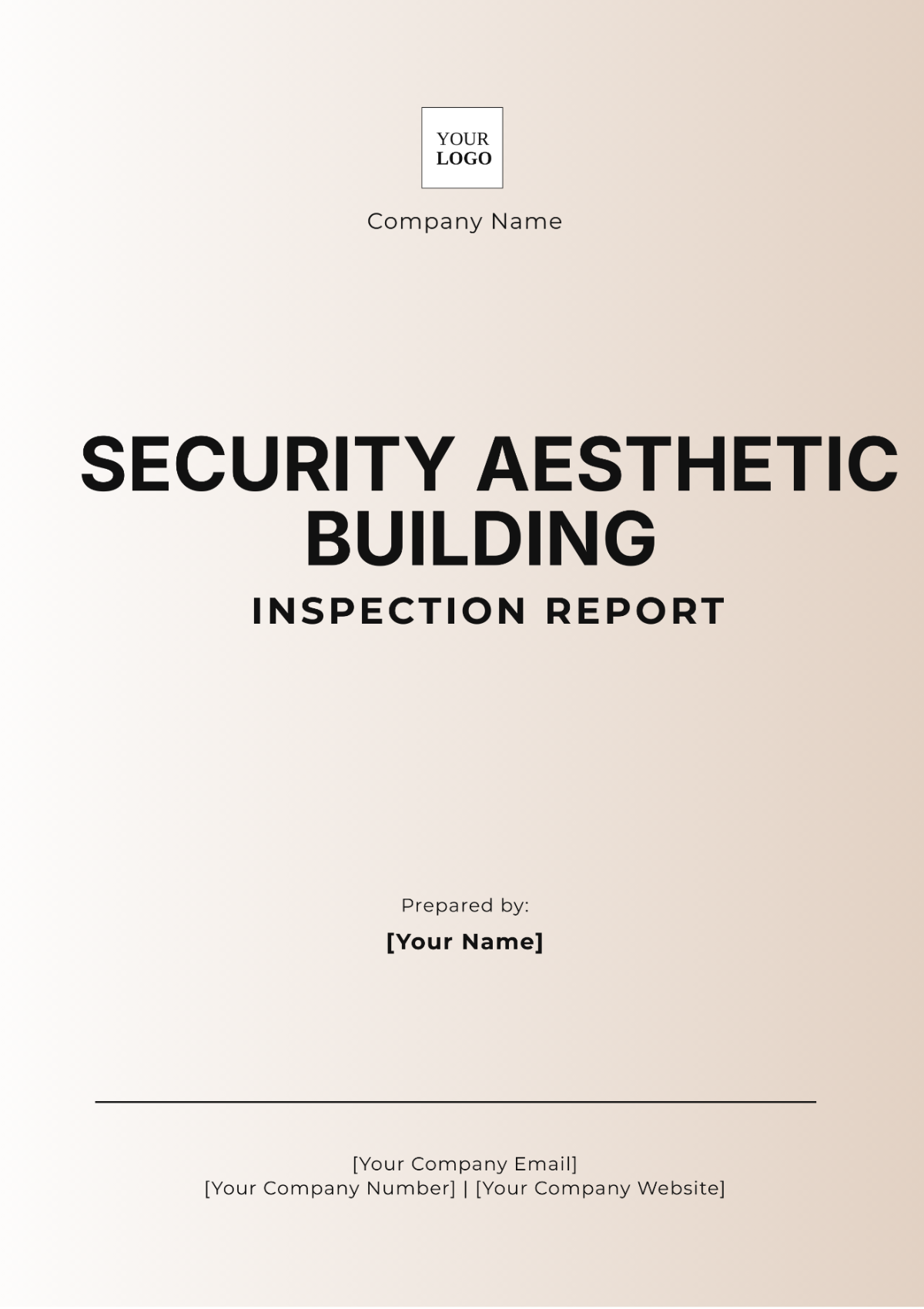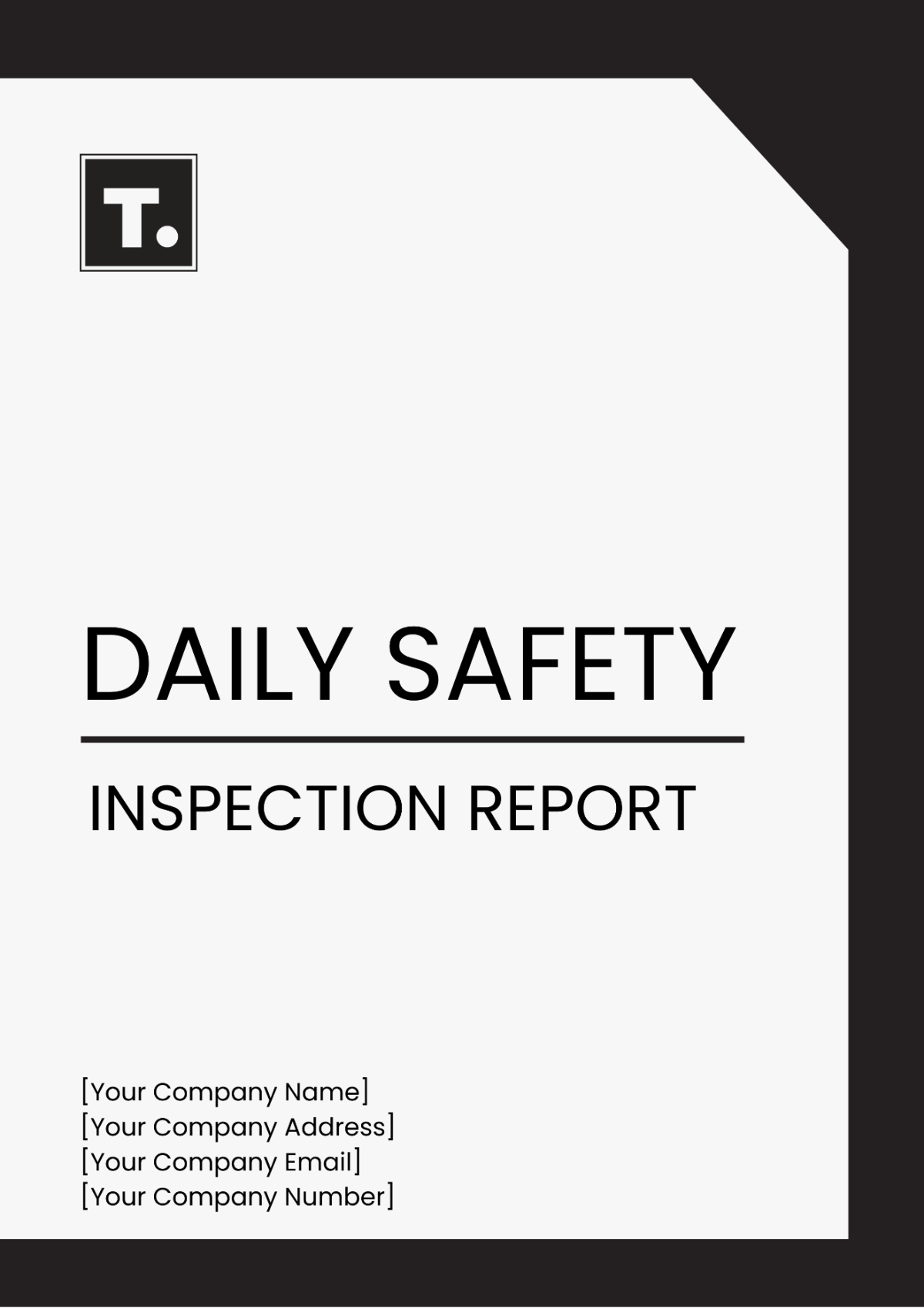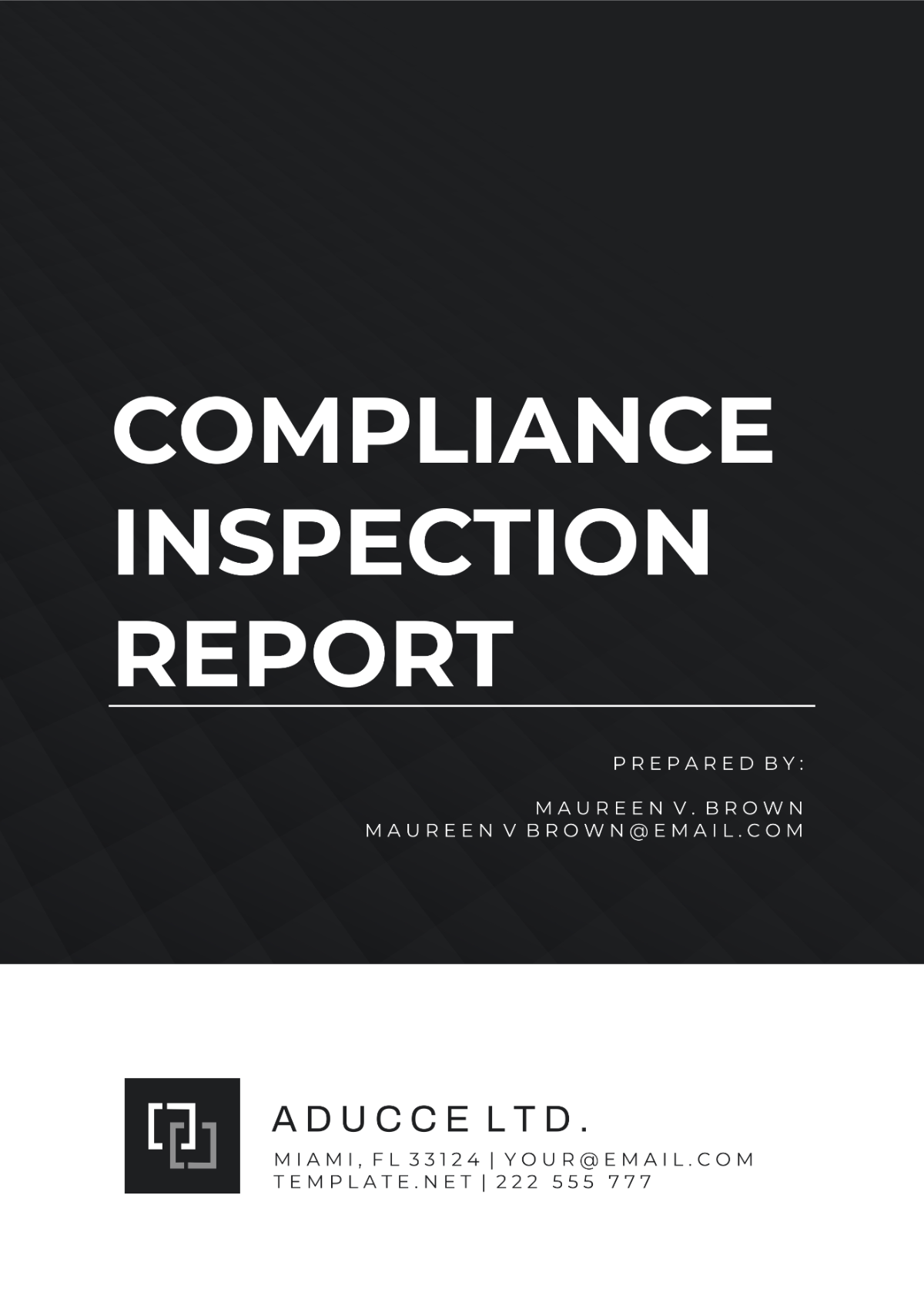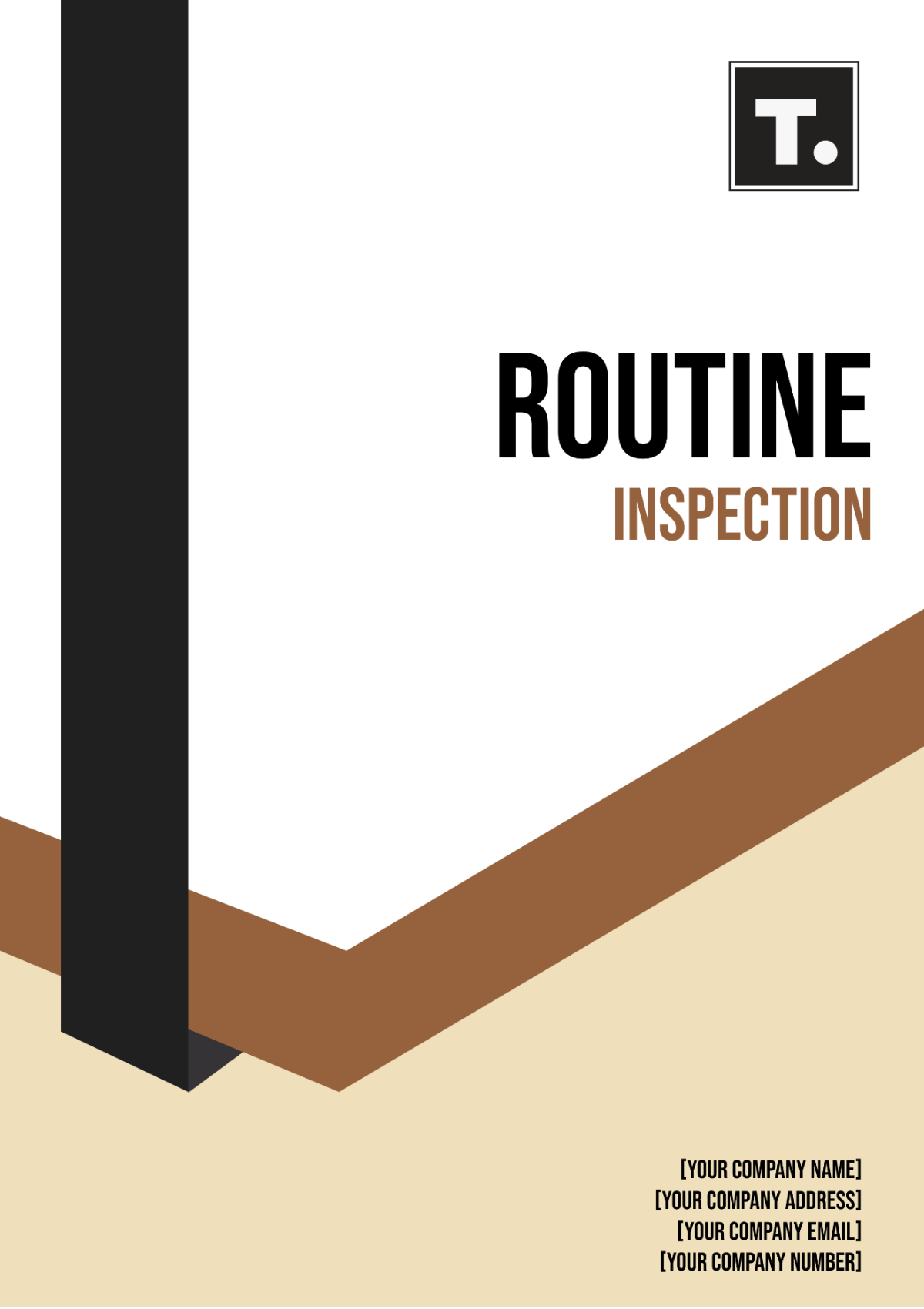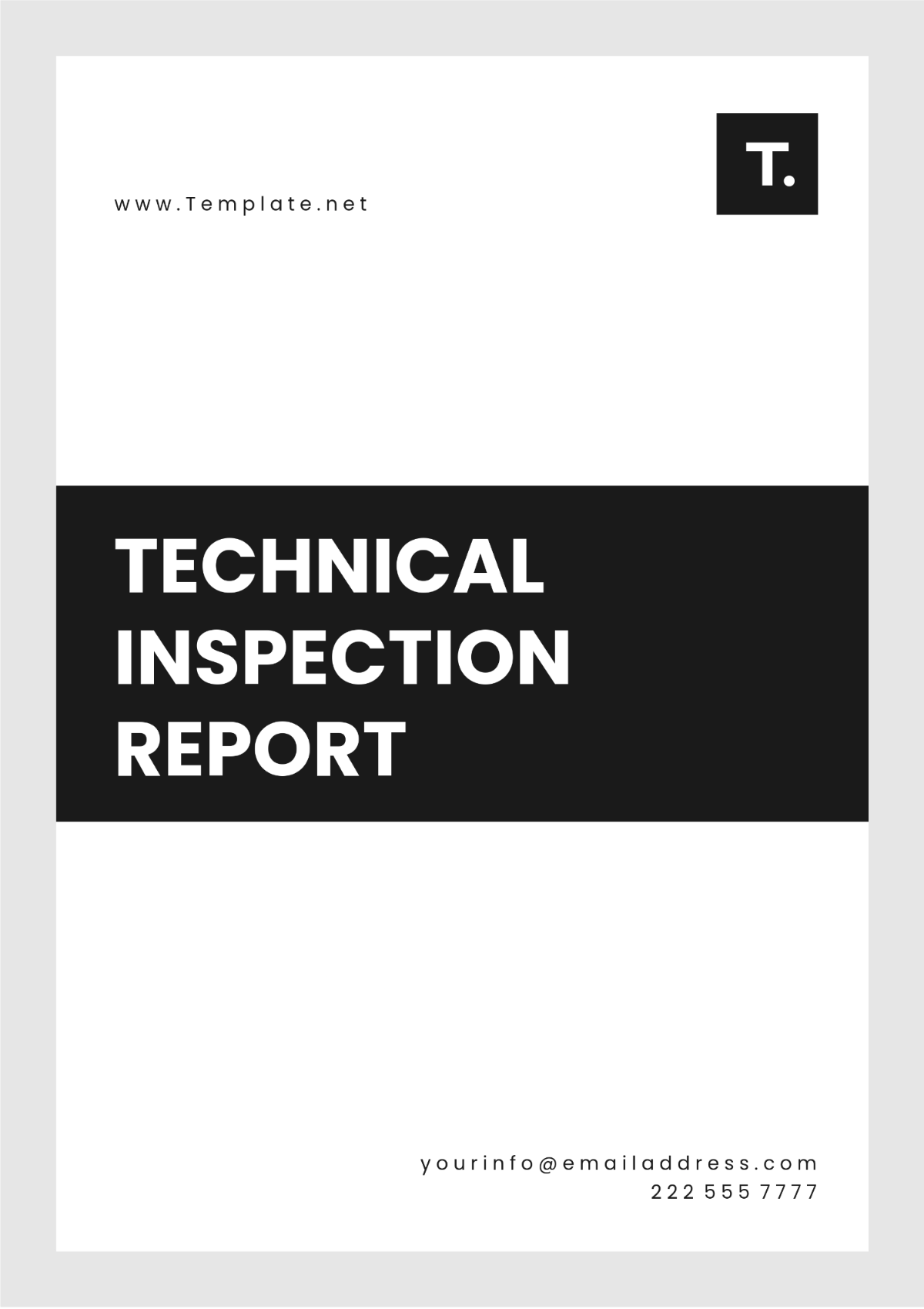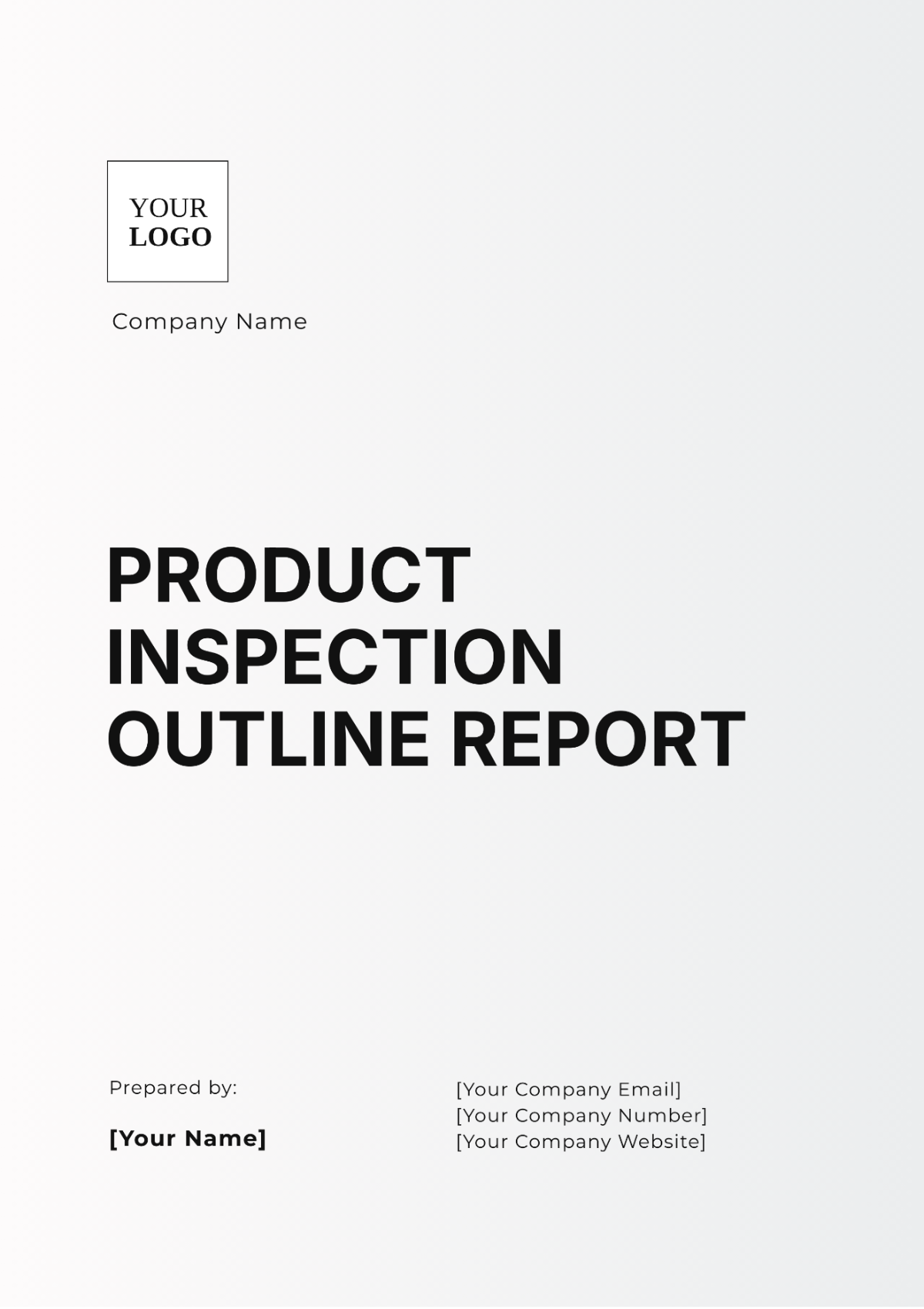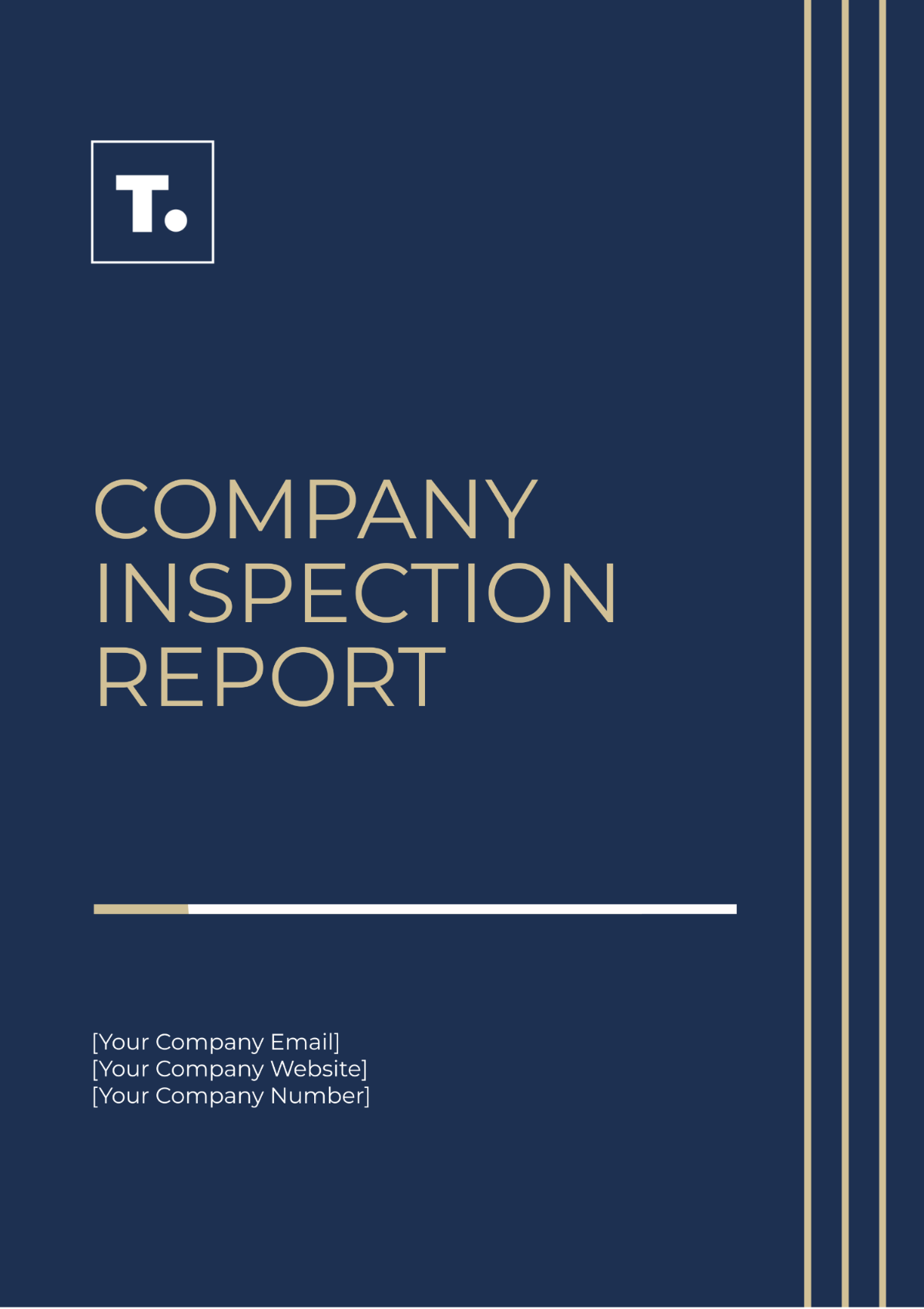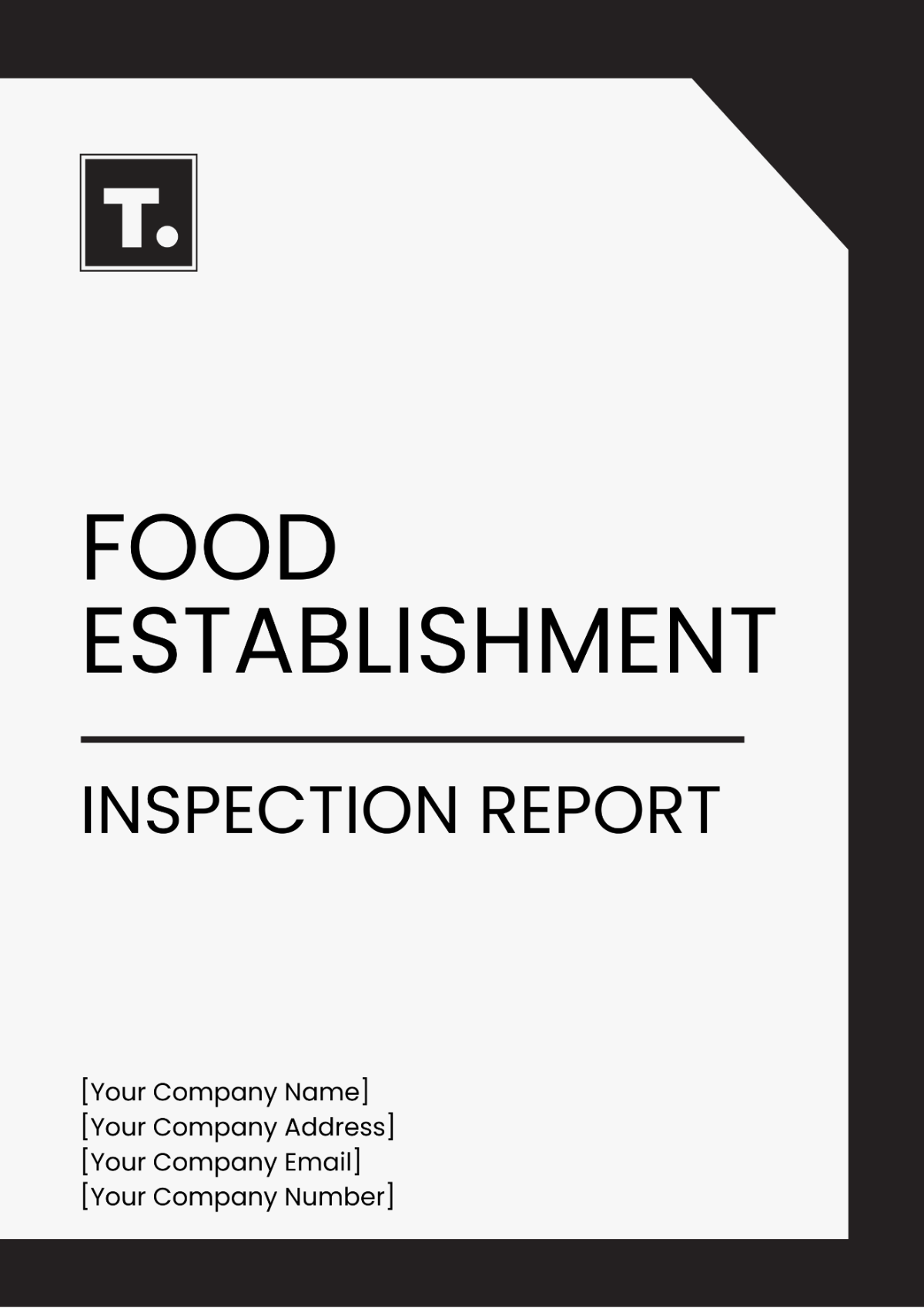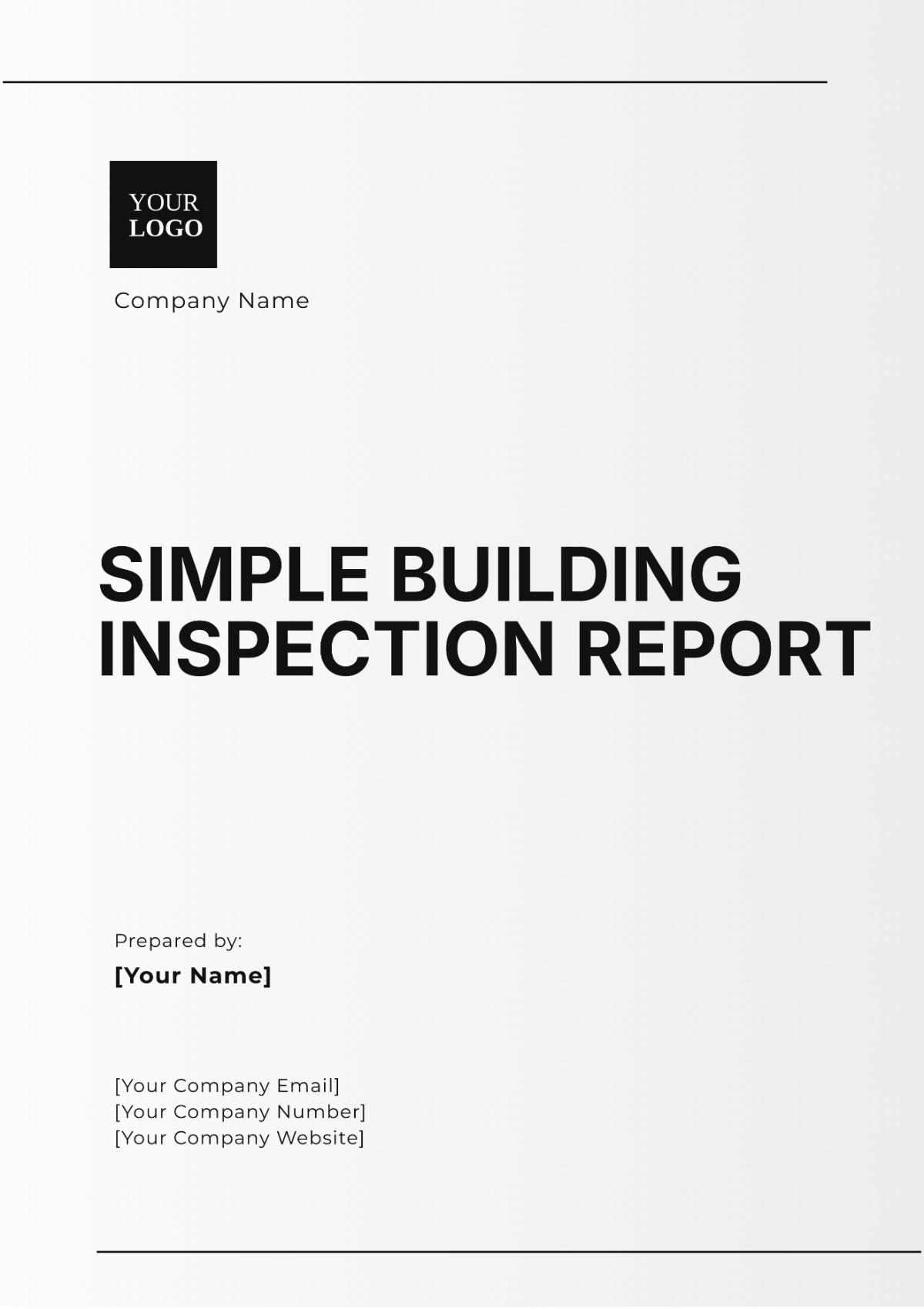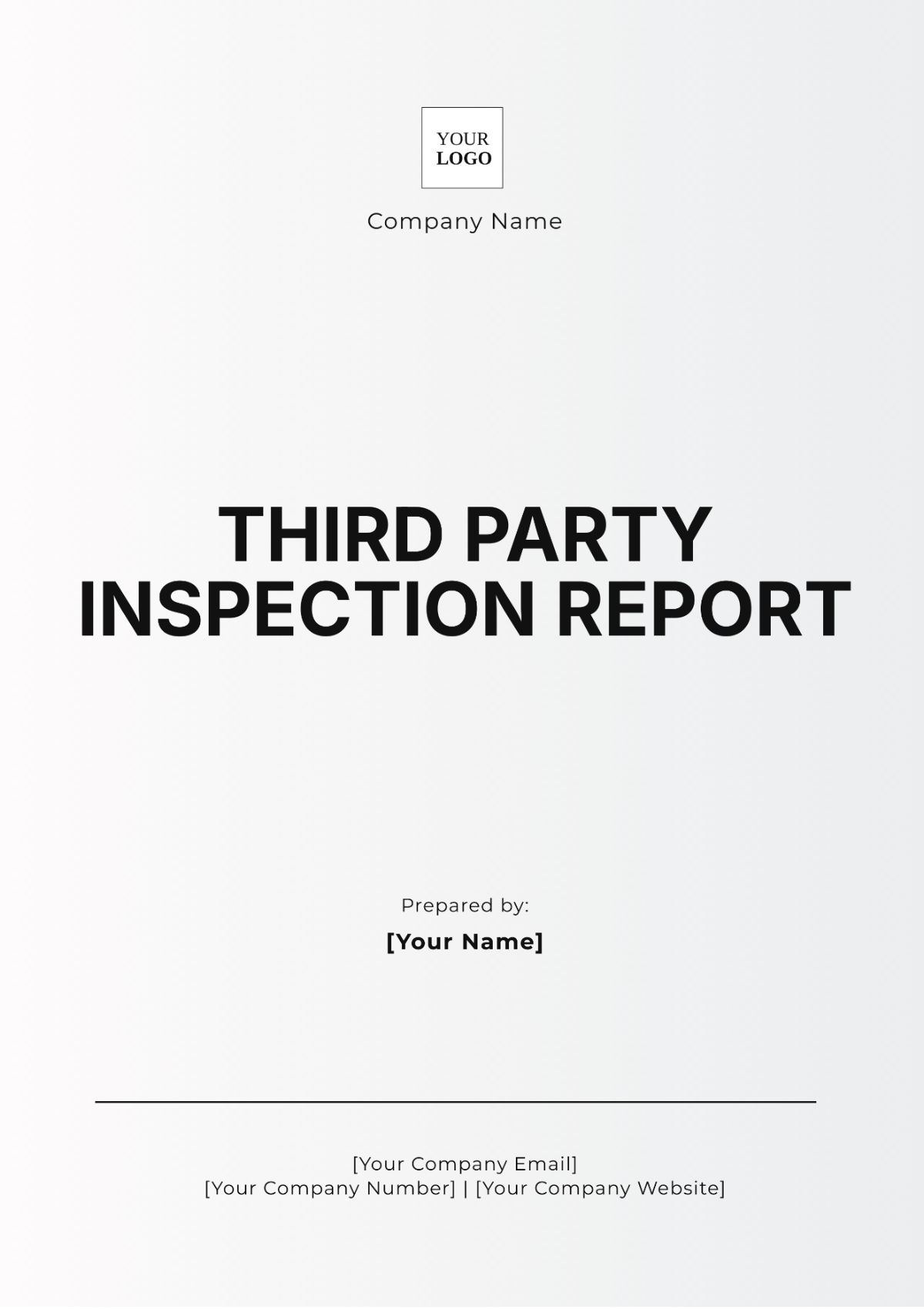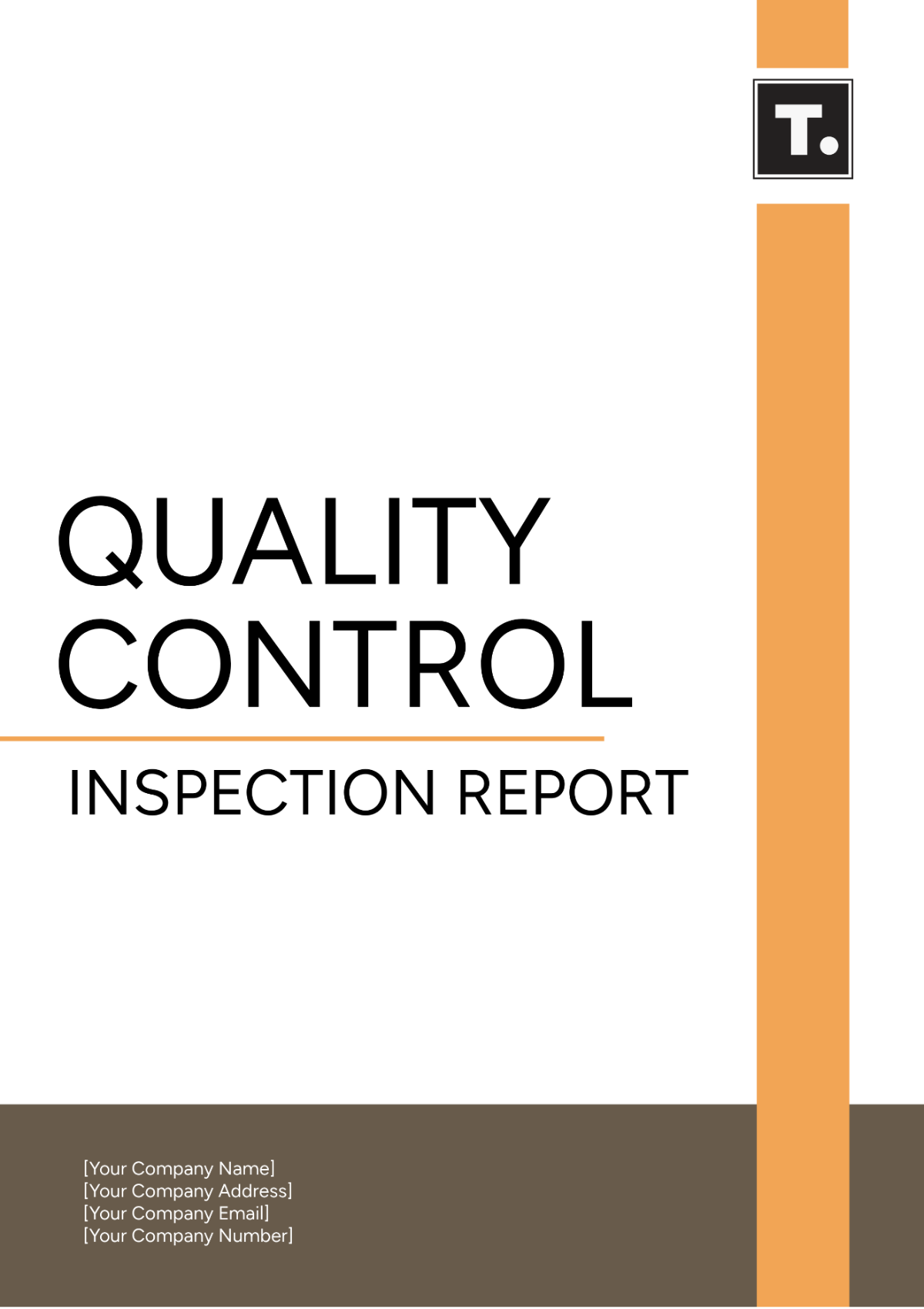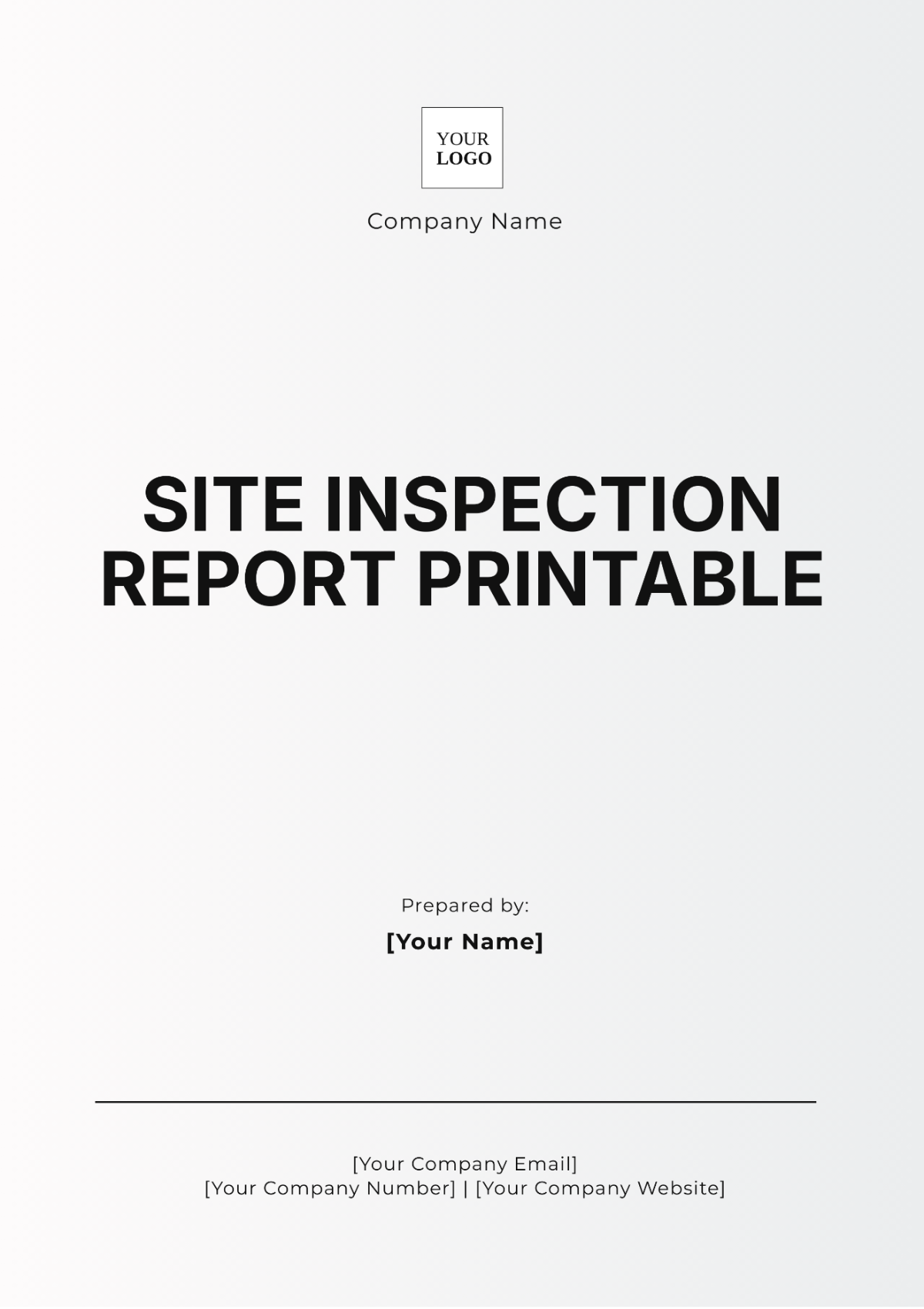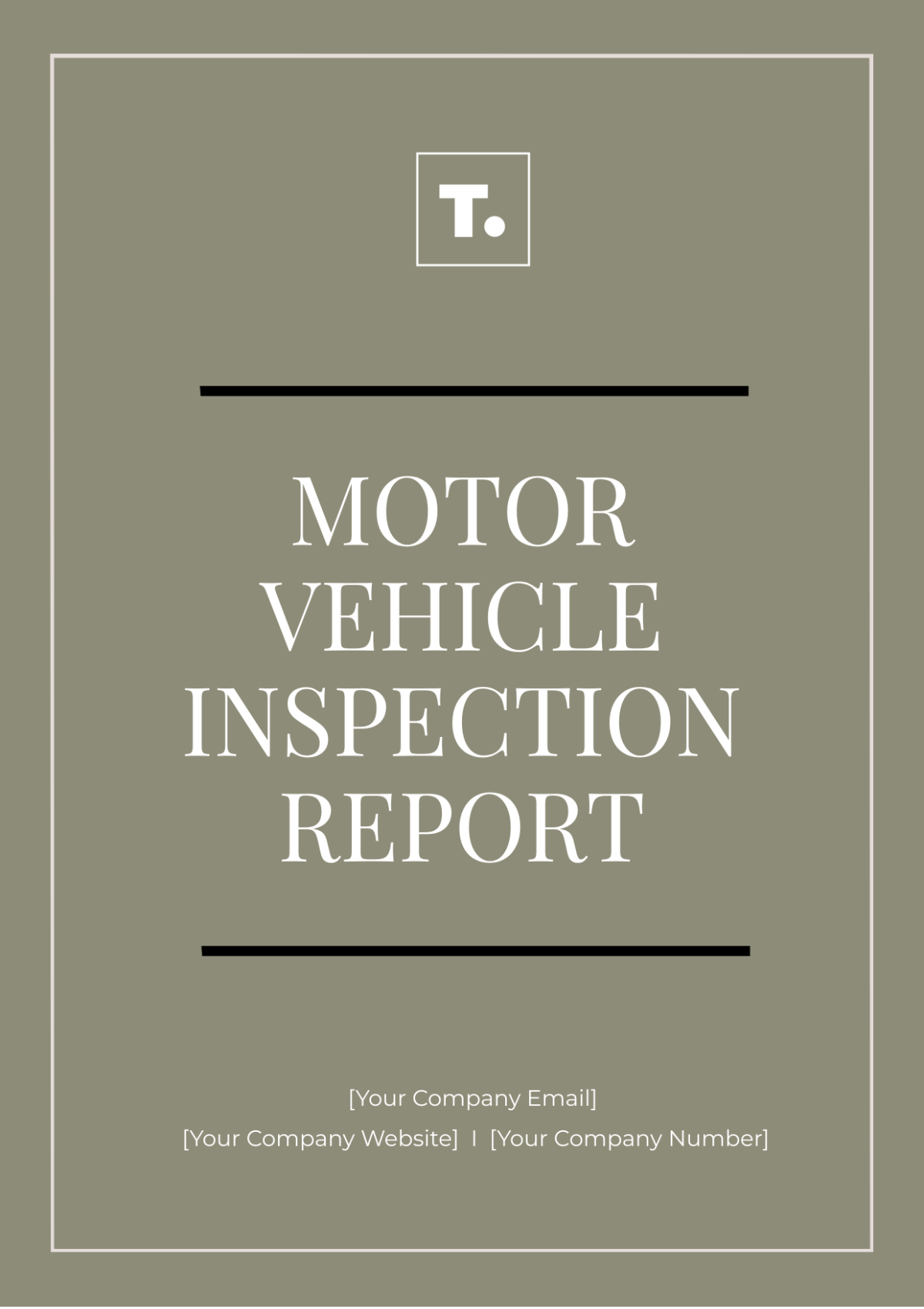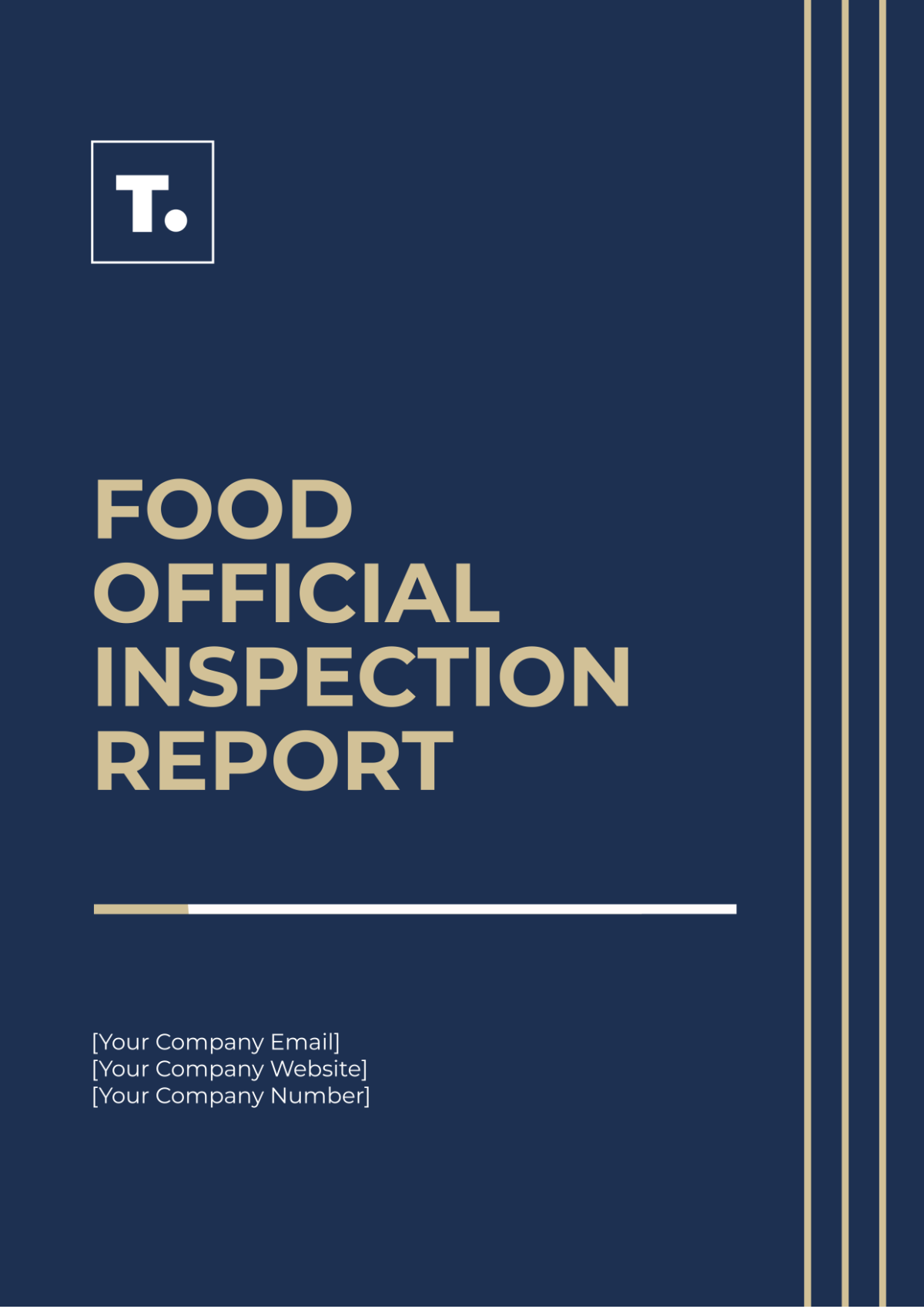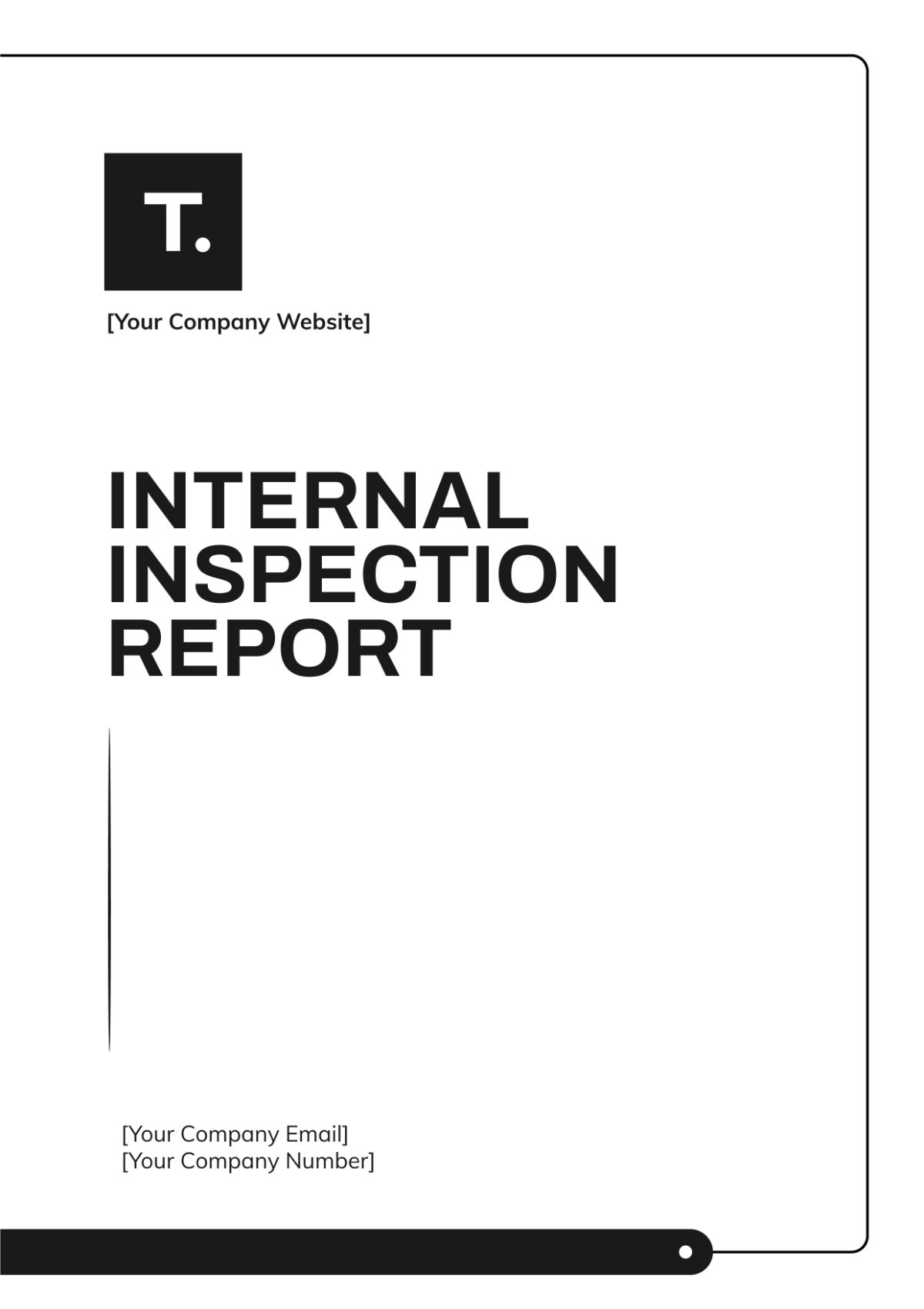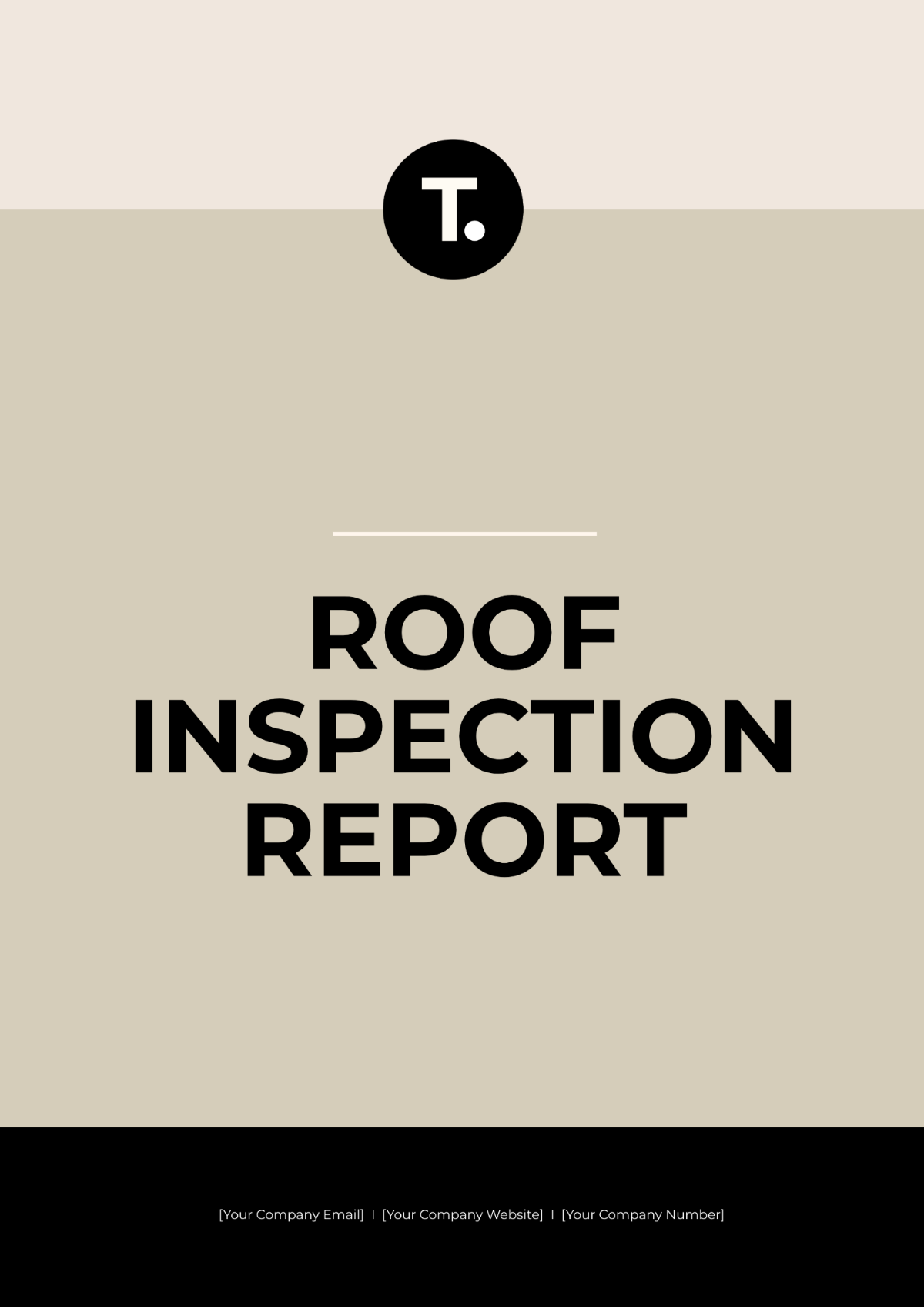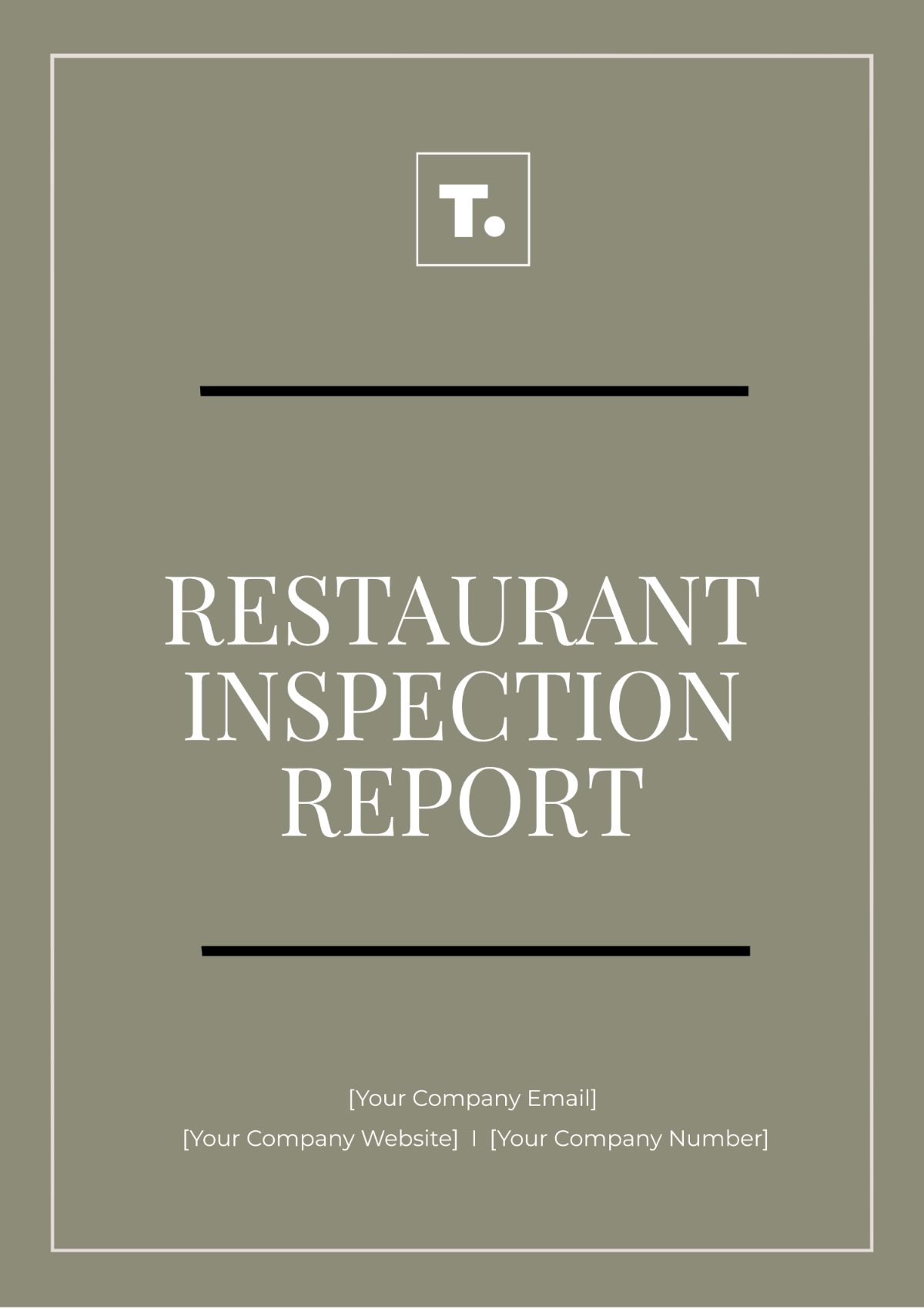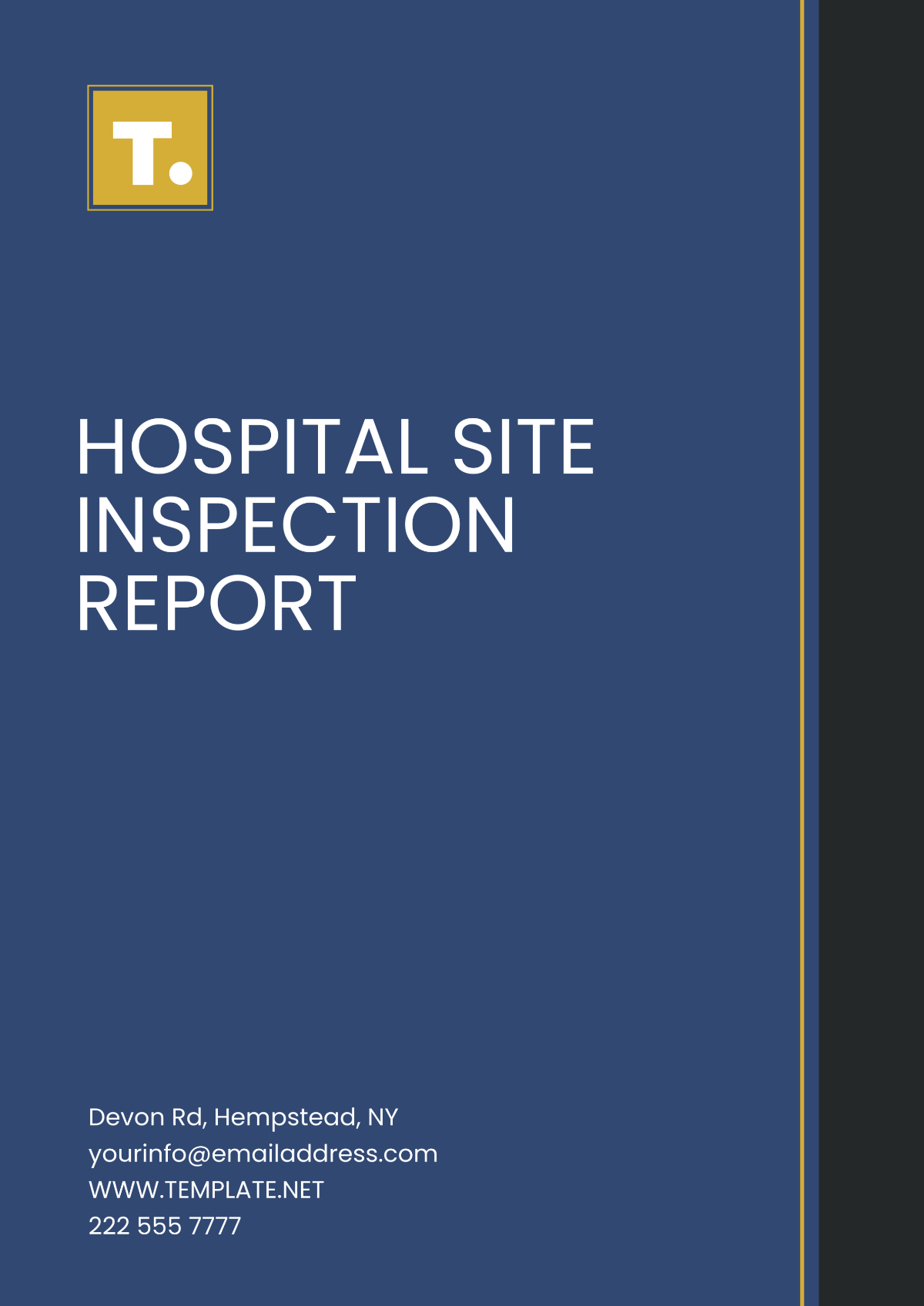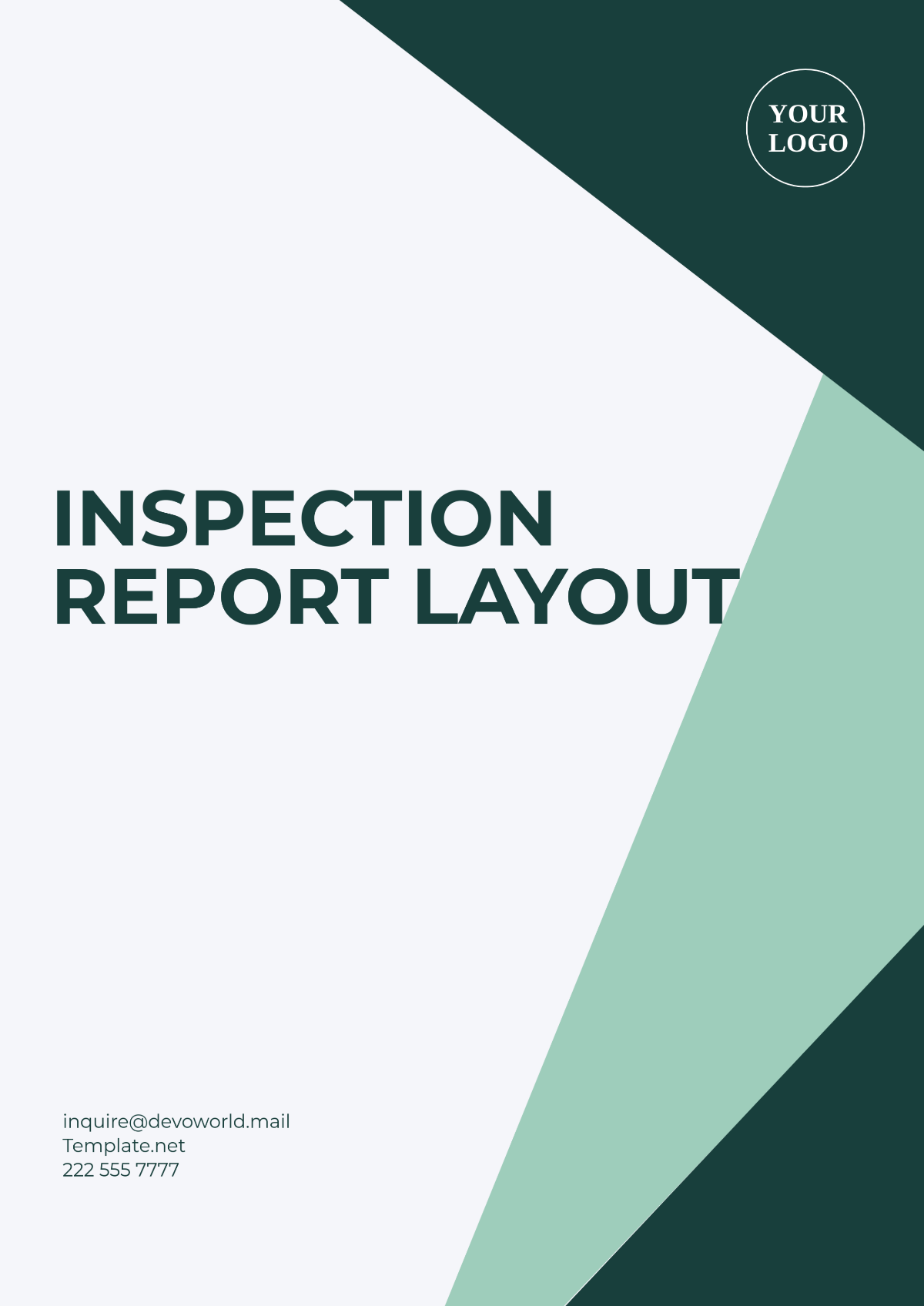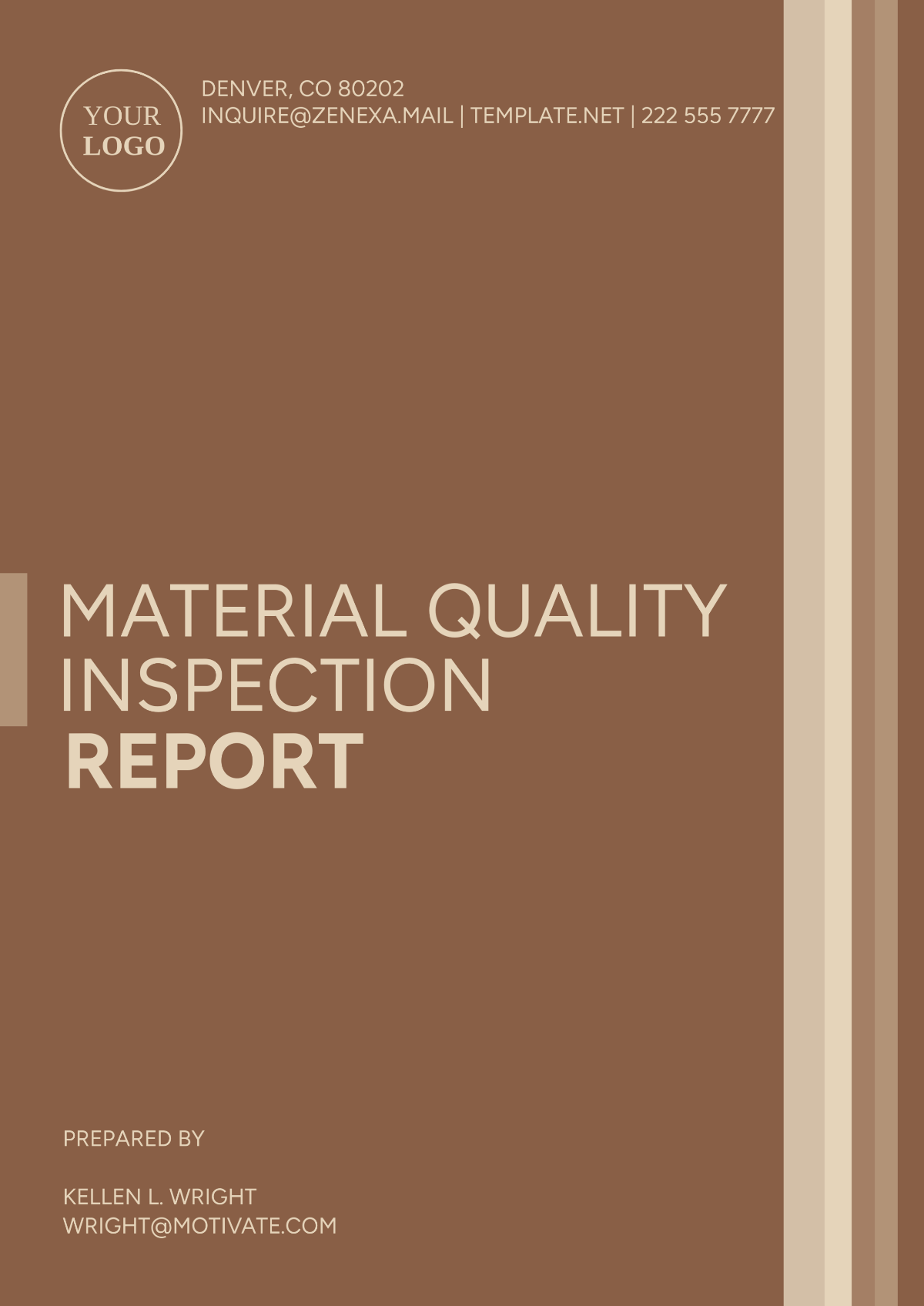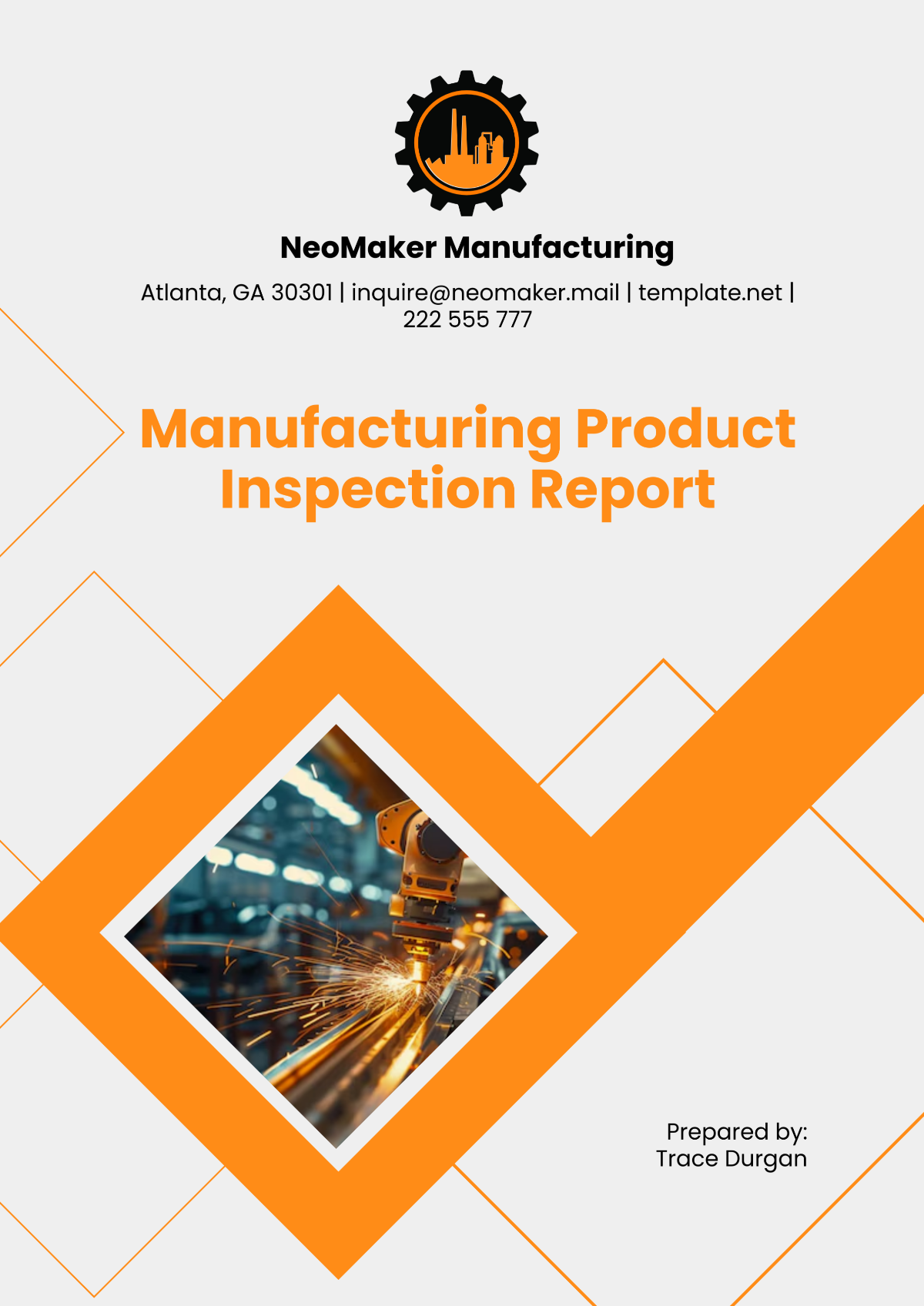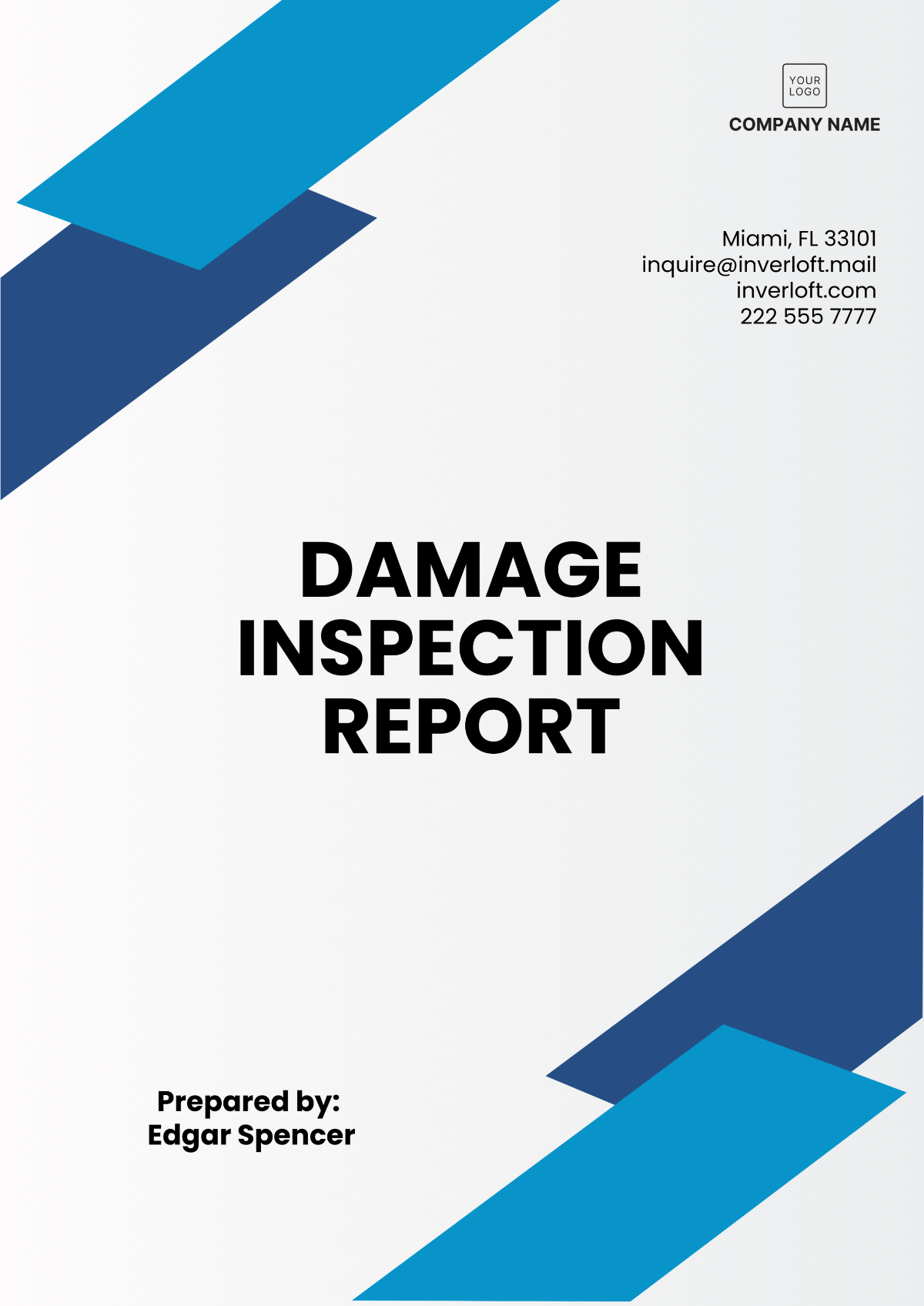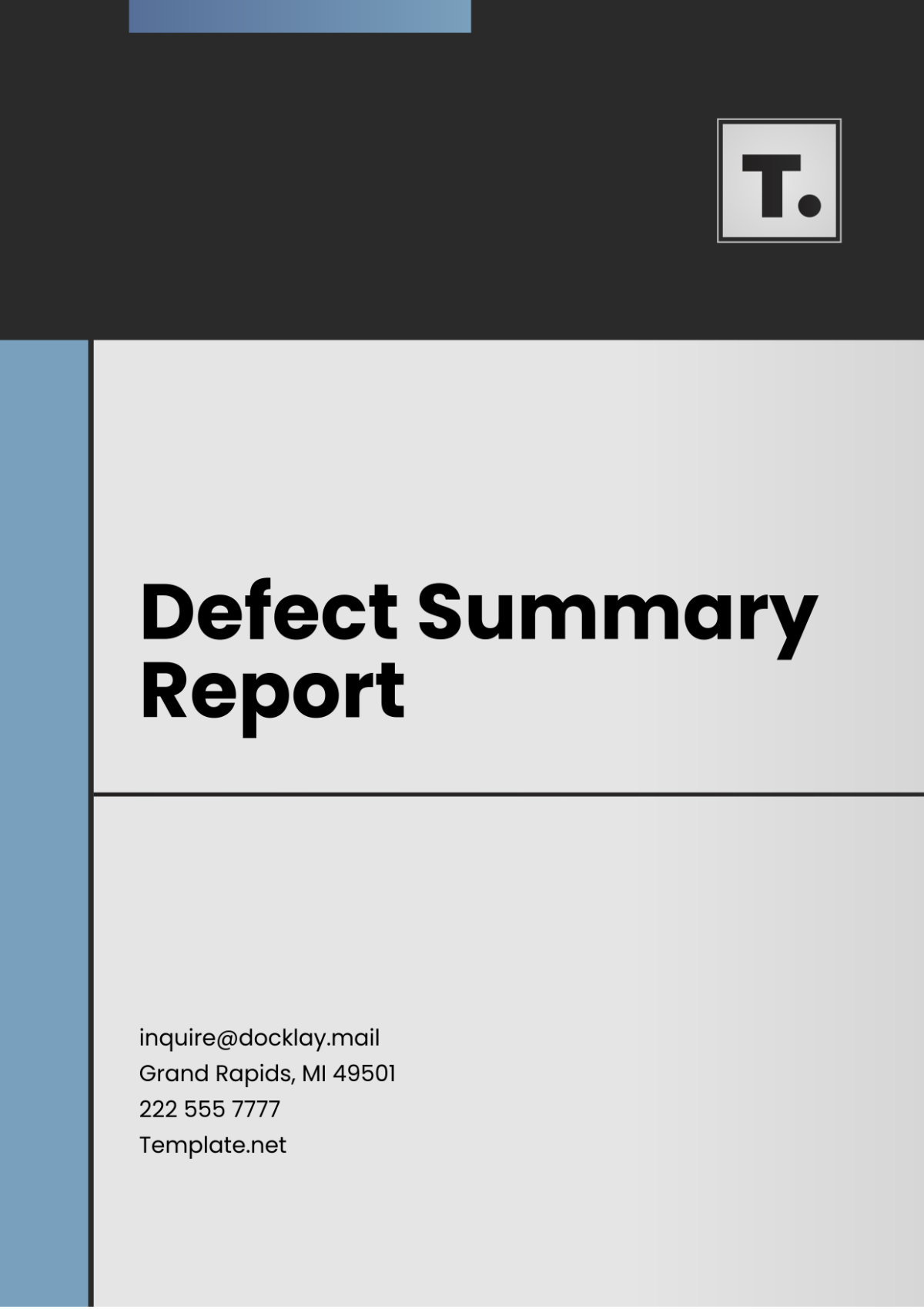Real Estate Property Isolated Routine Inspection Report
I. Introduction
A. Purpose of the Inspection Report
This routine inspection report is conducted on behalf of [Your Company Name], a reputable property management firm, to meticulously evaluate the current condition and maintenance requirements of the property situated at [Your Company Address]. The primary objective is to ensure compliance with the lease agreement terms and uphold the safety and habitability standards for the tenant(s).
B. Scope of the Inspection
The scope of this inspection encompasses a comprehensive assessment of both the interior and exterior aspects of the property. This includes scrutinizing all structural components, fixtures, appliances, and utilities to identify any existing deficiencies or potential issues that may require attention.
It is essential to note that while every effort will be made to examine all accessible areas, certain sections of the property may remain inaccessible during the inspection. Additionally, items concealed behind walls, ceilings, or floors will not be inspected unless readily visible and accessible.
II. Property Details
A. Property Information
Property Address: | [Your Company Address] |
Property Type: | Residential |
Property Size: | 2,500 square feet |
Year Built: | 2005 |
Ownership Status: | Owned |
Owner/Landlord: | [Your Company Name] |
Tenant/Occupant: | [Name] |
Lease/Agreement Start Date: | January 1, 2023 |
Lease/Agreement End Date: | December 31, 2025 |
B. Inspection Date and Time
Date of Inspection: March 25, 2024
Time of Inspection: 9:00 AM - 12:00 PM
III. Inspection Findings
A. Exterior Inspection
Aspect | Condition | Notes |
|---|---|---|
Landscaping | Well-maintained | Flower beds tidy, grass mowed, no visible signs of neglect |
Exterior Walls | Good | Minimal cracks, paint in good condition, no structural concerns |
Roof and Gutters | Fair | Some missing shingles, gutters need cleaning and minor repairs |
Windows and Doors | Good | No drafts, windows operable, doors secure and weather-stripped |
Driveways | Excellent | No cracks, well-maintained surface |
Fencing | Fair | Some sections need repair, overall intact but showing signs of wear |
B. Interior Inspection
Aspect | Condition | Notes |
|---|---|---|
Entryways and Hallways | Good | Flooring in good condition, walls clean and well-painted |
Living Spaces | Excellent | Carpeting recently cleaned, walls freshly painted |
Bedrooms | Good | Minor scuff marks on walls, windows and closets in good condition |
Kitchen | Fair | Appliances in working order, minor leak under sink |
Bathrooms | Fair | Some caulking needs replacement, exhaust fan not functioning |
Storage Areas | Good | Well-organized, no signs of pests or water damage |
C. Structural and Mechanical Components
Component | Condition | Notes |
|---|---|---|
Foundation | Good | No visible cracks or signs of settlement |
Walls and Ceilings | Good | Minor settling cracks, no structural concerns |
Floors | Excellent | Flooring in good condition throughout |
HVAC Systems | Fair | Air filters need replacement, some vents obstructed |
Plumbing Systems | Good | No leaks detected, water pressure consistent |
Electrical Systems | Good | Outlets and switches in working order, no visible wiring issues |
Fire Safety Equipment | Excellent | Smoke detectors operational, fire extinguishers properly maintained |
D. Inspection Observations and Recommendations
Summary of Findings: Overall, the property is in satisfactory condition, with minor maintenance issues identified. However, addressing these issues promptly can prevent them from escalating into larger problems.
Recommended Repairs or Maintenance: In addition to the noted repairs, attention should be given to landscaping upkeep, particularly pruning overgrown shrubs and trees. Regular gutter cleaning and inspection are advised to prevent water damage to the property's exterior.
IV. Inspection Summary
A. Overall Condition Assessment
Based on the inspection findings, the overall condition of the property is deemed to be fair to good, with minor maintenance requirements identified. While some areas require attention, the property remains habitable and in suitable condition for occupancy.
B. Compliance with Lease/Agreement Terms
The property's condition is generally compliant with the lease agreement terms, although some minor repairs and maintenance are necessary to ensure full compliance. Both the landlord and tenant should collaborate to address these issues promptly.
C. Tenant/Owner Responsibilities
Maintenance Responsibilities: The tenant is responsible for promptly reporting any maintenance issues and maintaining the property in a clean and habitable condition. Regular upkeep of the interior and exterior spaces is essential to preserve the property's value and integrity.
Repairs Responsibilities: The landlord is responsible for addressing structural repairs and ensuring the property's overall integrity and safety. Prompt attention to maintenance requests and proactive maintenance measures contribute to tenant satisfaction and property preservation.
V. Recommendations for Property Improvement
A. Immediate Repairs
Prioritize addressing critical issues identified during the inspection, such as roof leaks, electrical hazards, or plumbing leaks, to mitigate potential safety risks and prevent further property damage.
Engage qualified contractors or service providers to promptly address urgent repairs, ensuring compliance with local building codes and safety standards.
Allocate sufficient budgetary resources for immediate repairs to expedite the resolution of critical issues and minimize disruptions to tenant occupancy and satisfaction.
B. Preventive Maintenance Plan
Develop a comprehensive preventive maintenance schedule covering routine tasks such as HVAC system servicing, gutter cleaning, and pest control to prolong the lifespan of property components and minimize unexpected repairs.
Implement a proactive approach to property management by scheduling regular inspections and maintenance activities, fostering a proactive rather than reactive approach to property upkeep.
Utilize property management software or maintenance management systems to automate scheduling, track maintenance tasks, and generate reports, streamlining maintenance operations and enhancing efficiency.
VI. Tenant Communication and Education
A. Communication Channels
Establish clear communication channels between the landlord, property management company, and tenants to facilitate prompt reporting of maintenance issues and efficient resolution of concerns.
Provide tenants with multiple communication options, including phone, email, and an online portal, to ensure accessibility and responsiveness in addressing tenant inquiries and maintenance requests.
Implement a formalized process for documenting and tracking tenant communications and maintenance requests to ensure accountability and transparency in property management operations.
B. Tenant Education
Offer educational resources and materials to tenants regarding property maintenance best practices, such as proper waste disposal, energy conservation tips, and seasonal maintenance tasks, to promote a collaborative approach to property care.
Organize informational sessions or workshops to educate tenants on emergency procedures, fire safety protocols, and tenant responsibilities outlined in the lease agreement, fostering a safe and well-informed living environment.
Encourage open dialogue and feedback from tenants regarding their maintenance needs and concerns, fostering a positive landlord-tenant relationship built on trust and transparency.
VII. Conclusion
A. Inspection Conclusion
Following a thorough inspection of the property located at [Your Company Address] on March 25, 2024, it can be concluded that the property is in generally satisfactory condition. While some areas require attention and minor repairs, the overall integrity and habitability of the property are maintained.
B. Next Steps
Based on the inspection findings, the following next steps are recommended:
a. Schedule repairs and maintenance tasks identified during the inspection promptly to prevent further deterioration of the property.
b. Communicate inspection findings and recommended actions to the landlord and tenant(s) to ensure transparency and collaboration in addressing property maintenance.
c. Implement a proactive maintenance plan to address recurring issues and preserve the property's value over time.
d. Schedule a follow-up inspection to verify completion of recommended repairs and assess any new developments or concerns.
C. Signatures
Inspector Signature:

[Your Name]
Date: March 25, 2024
Tenant/Occupant Signature (if present):

